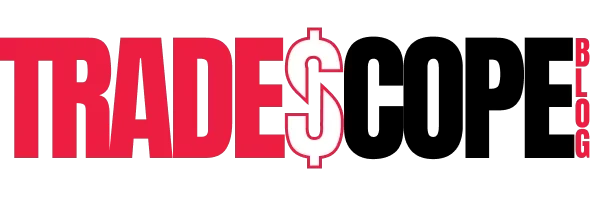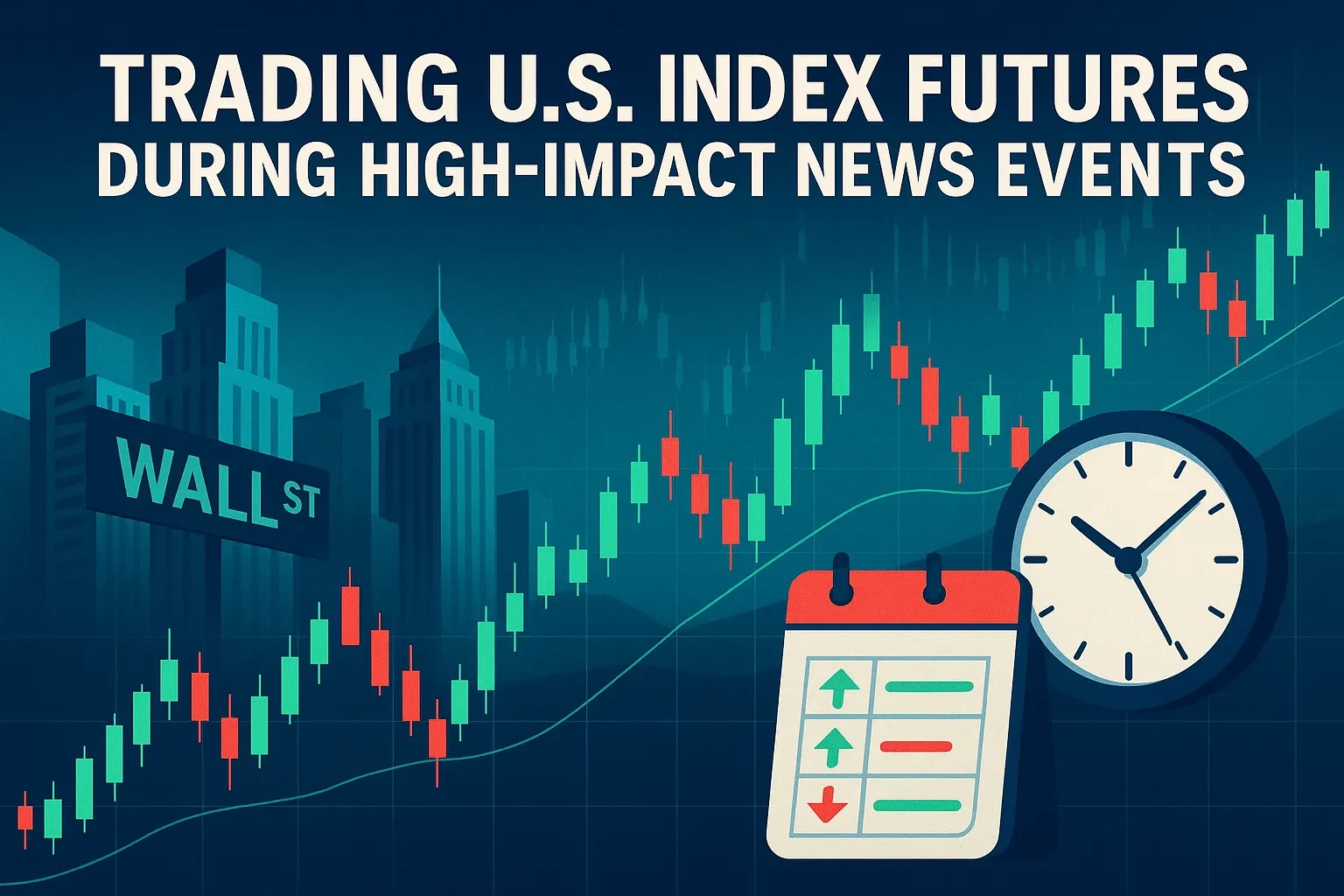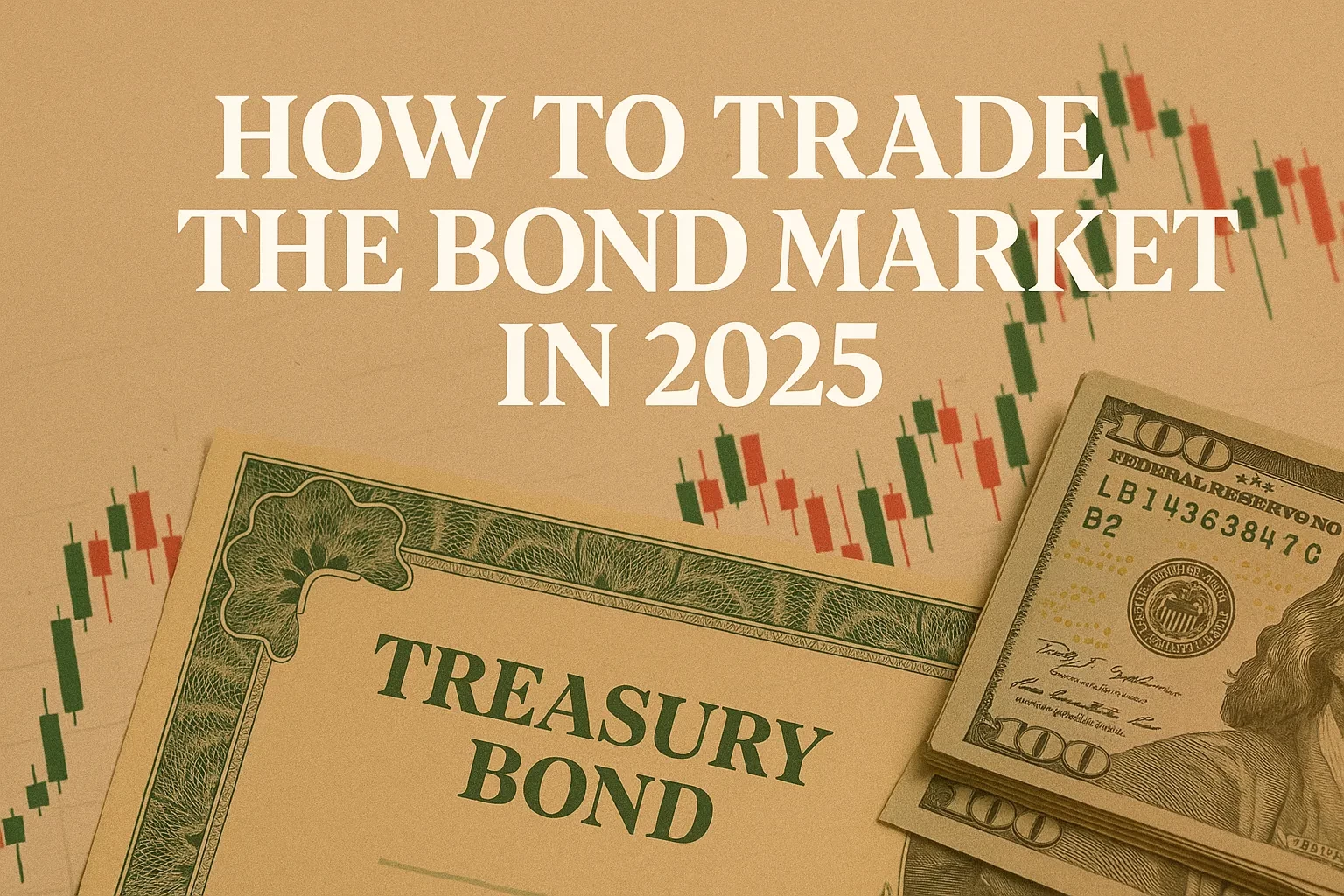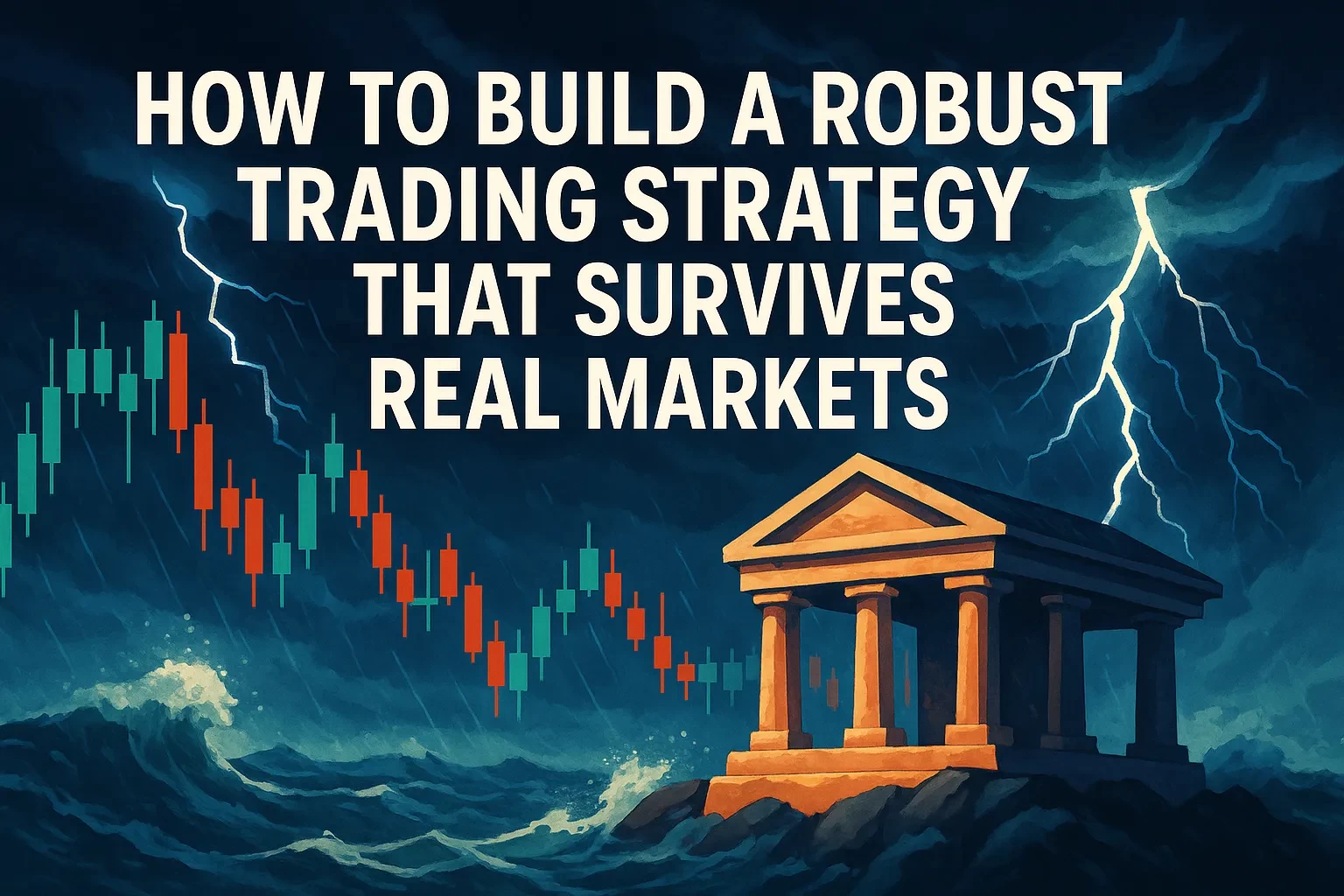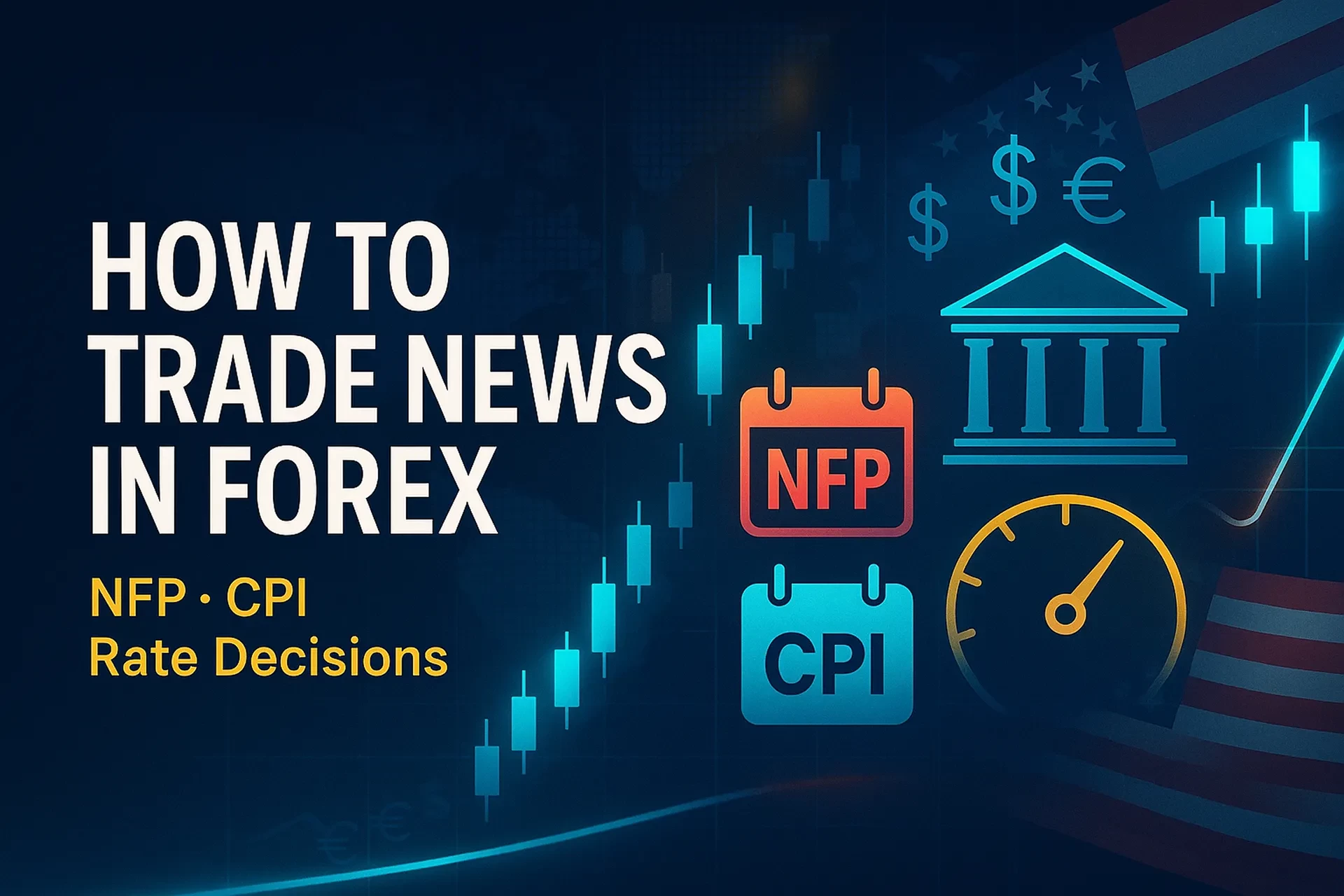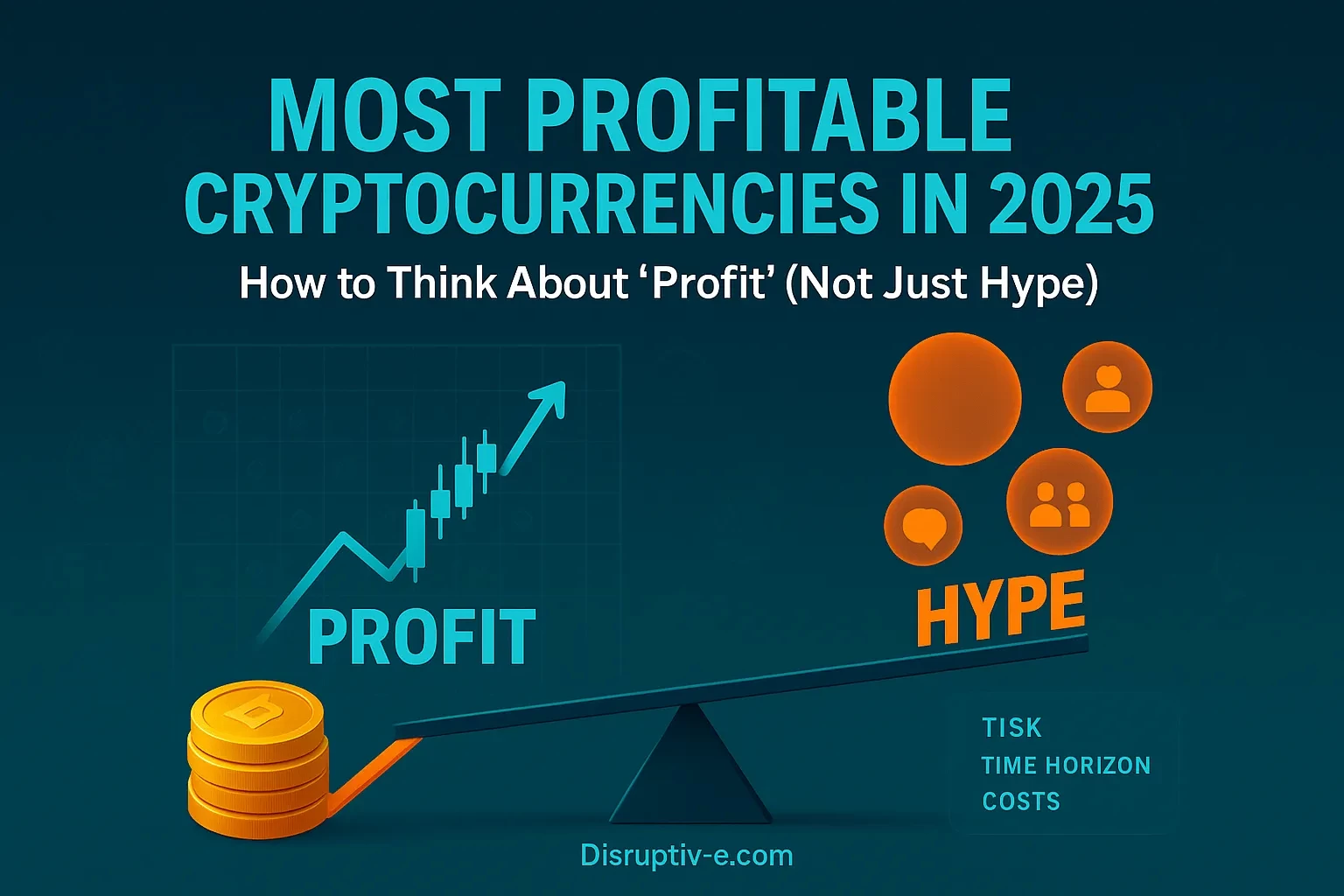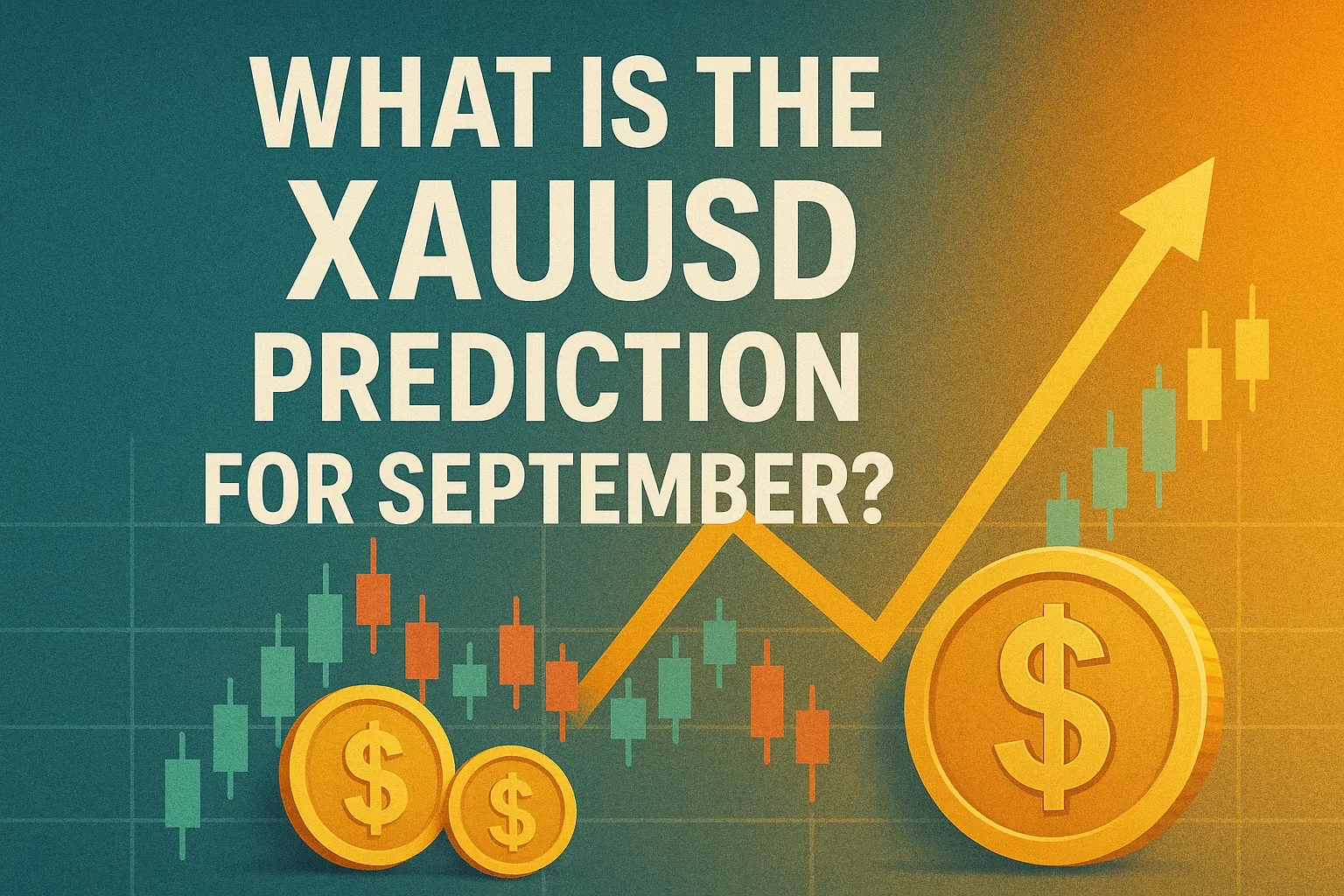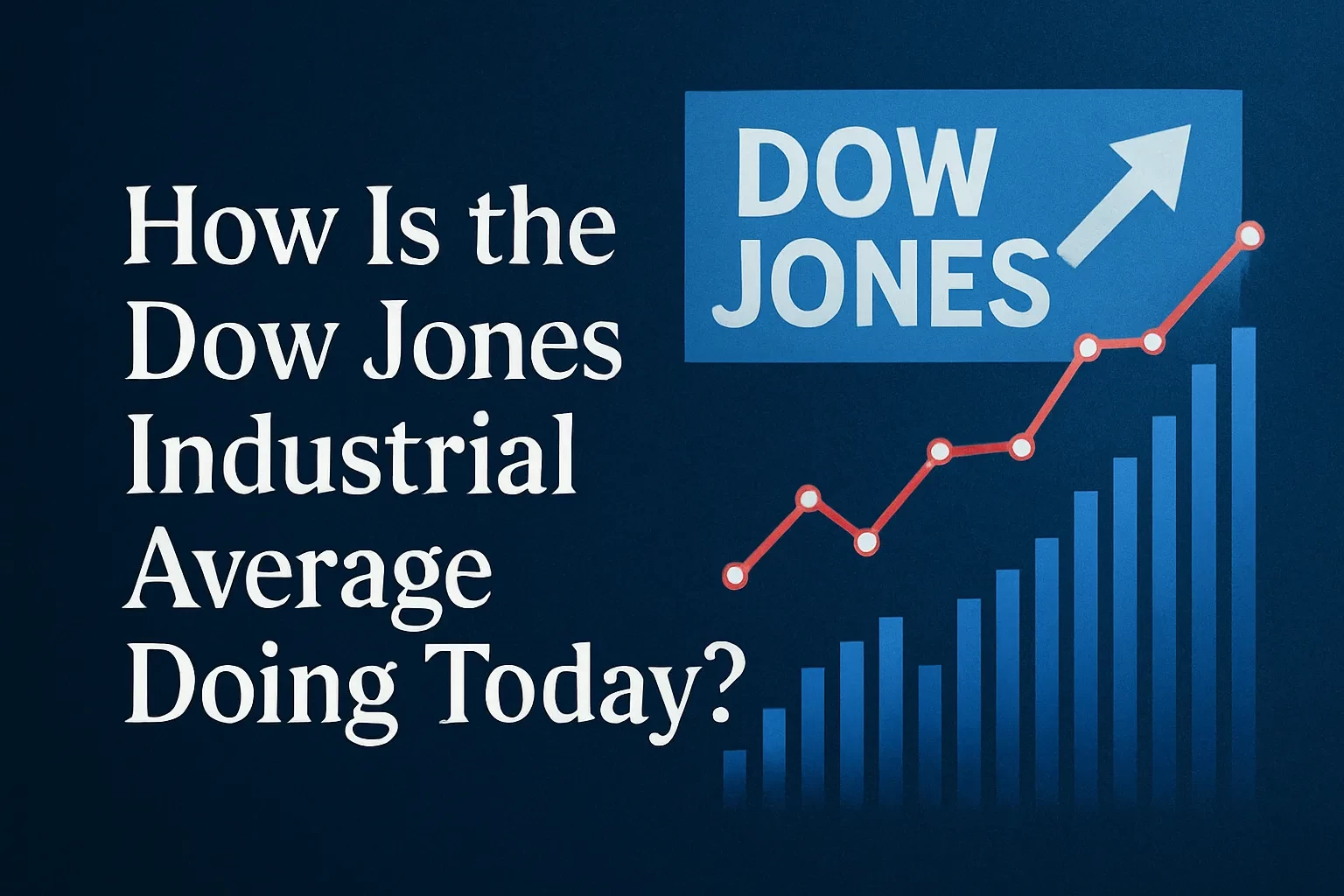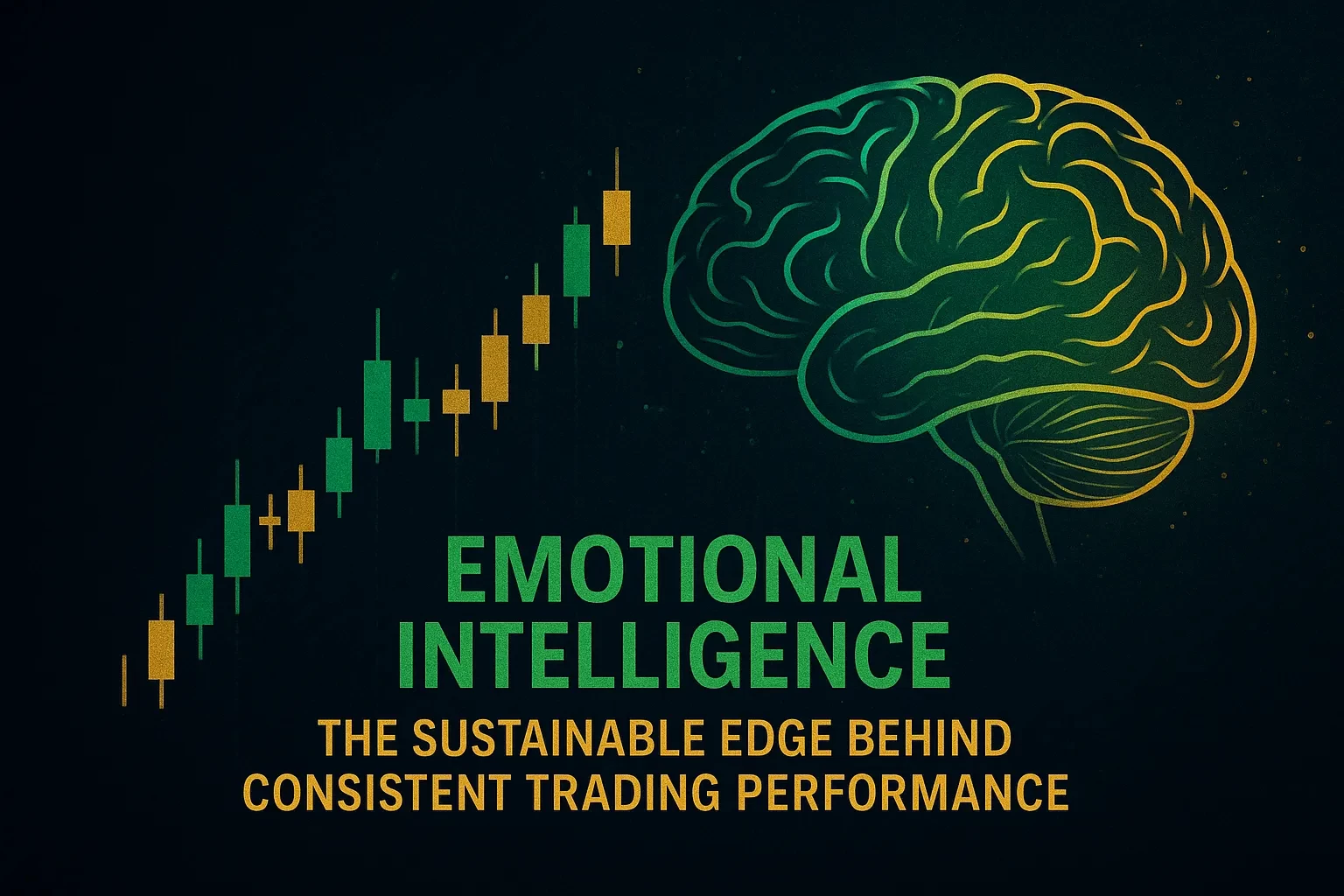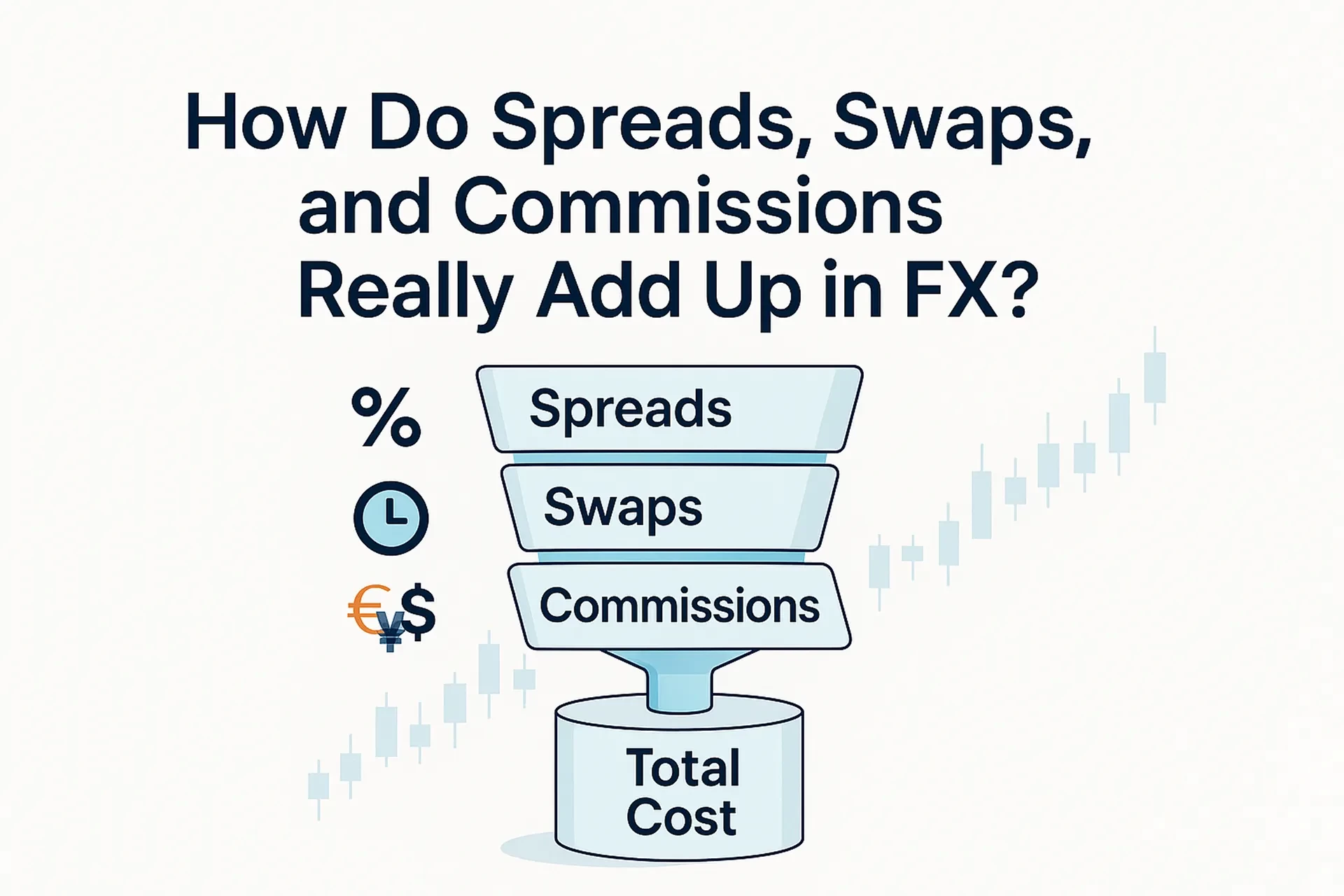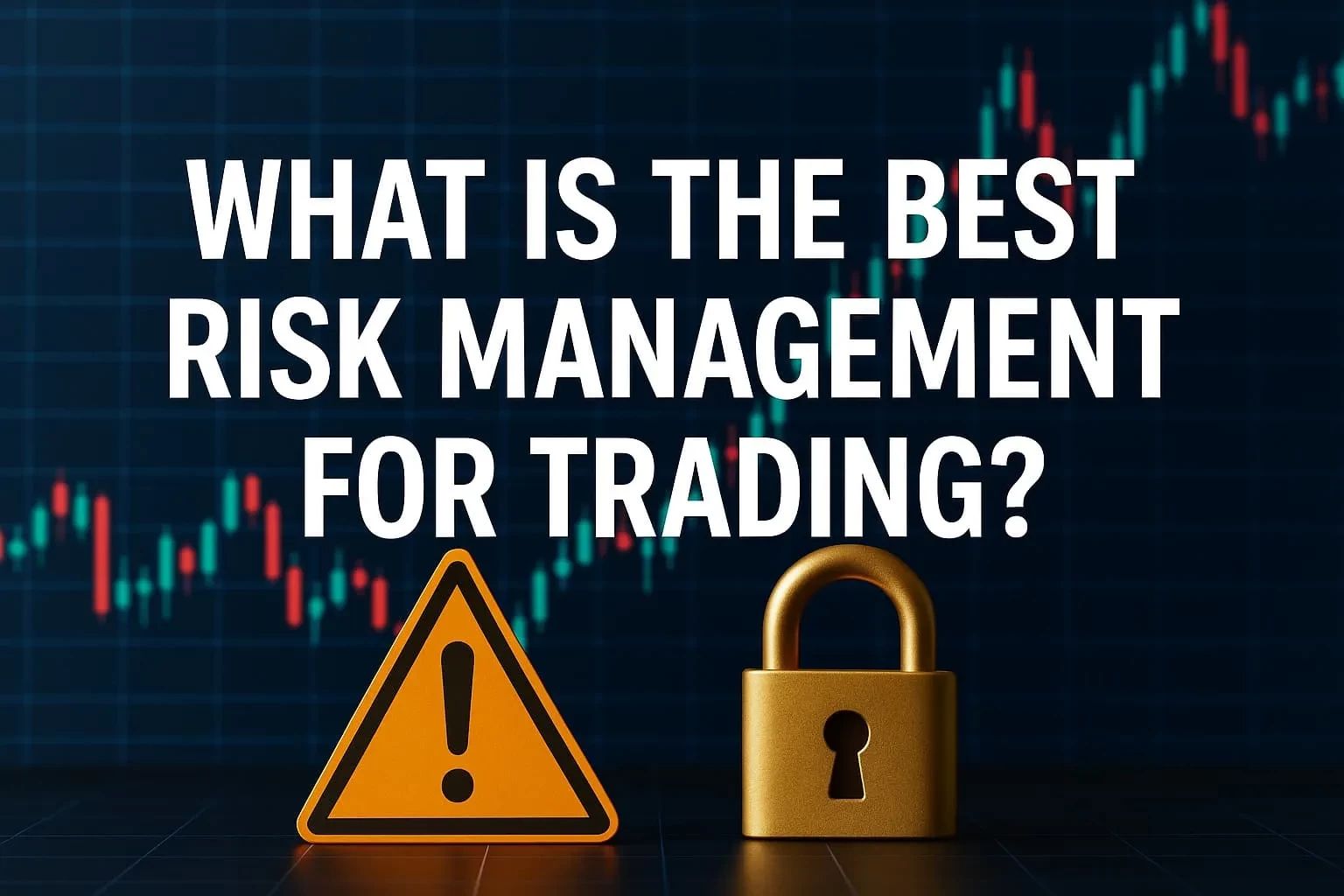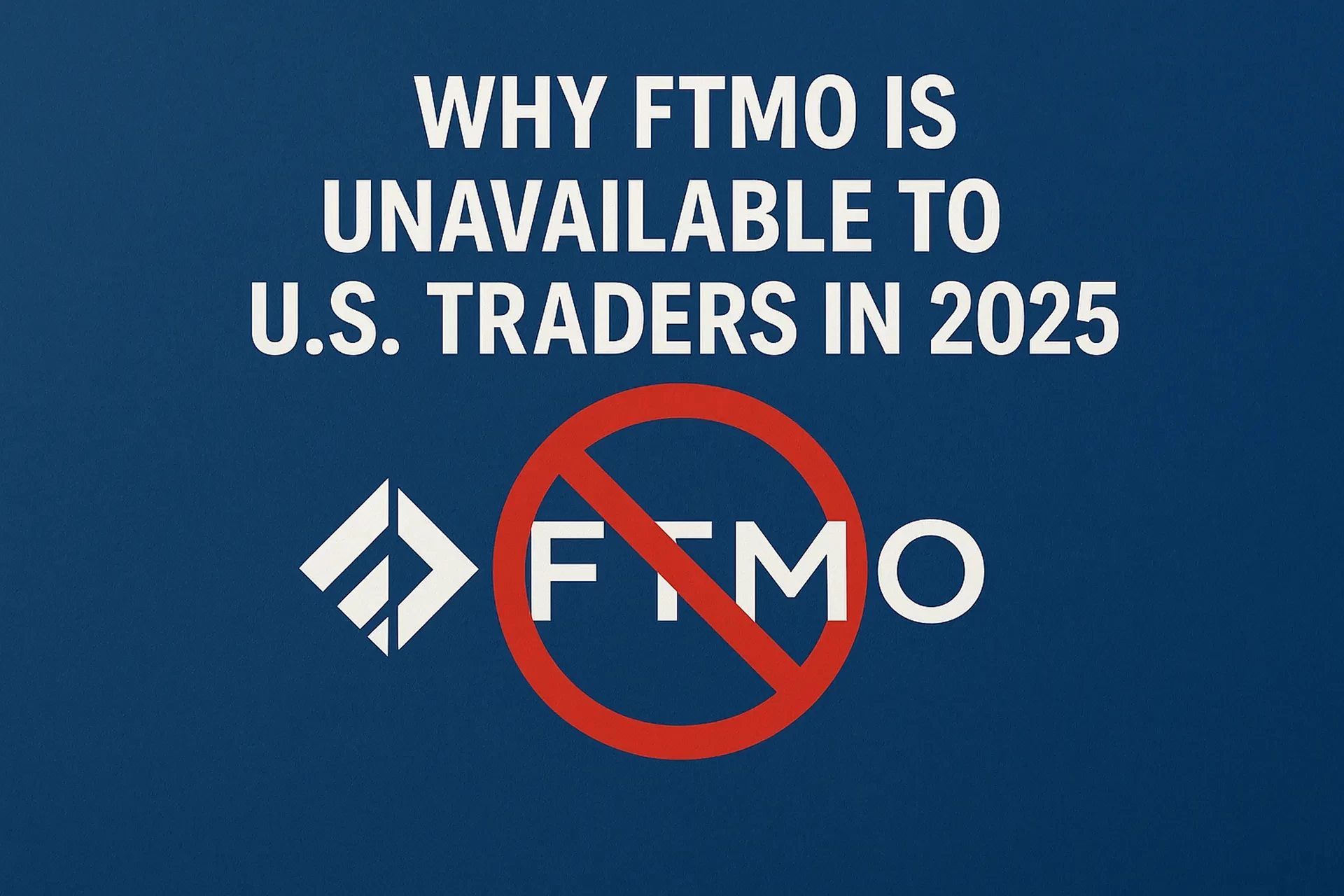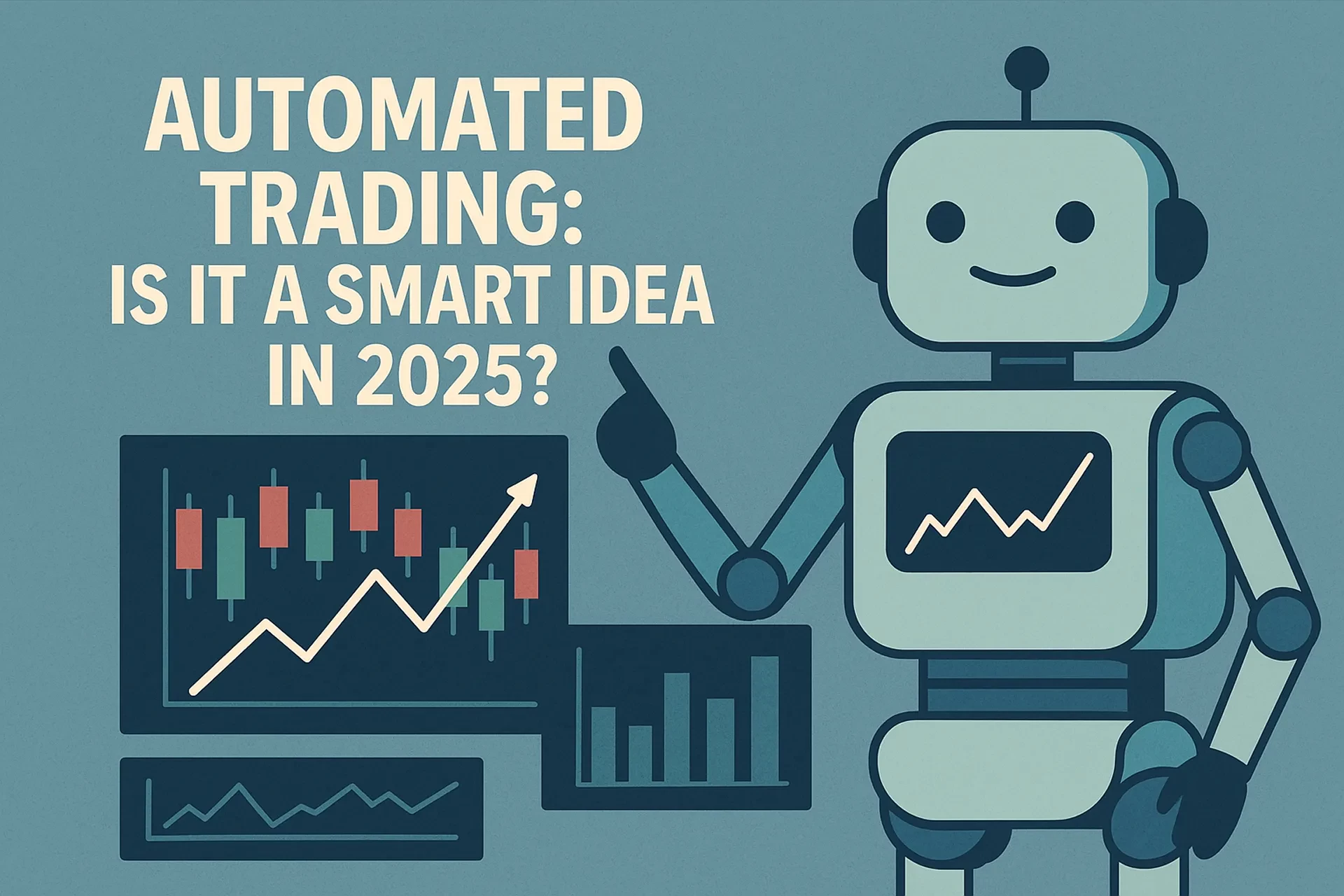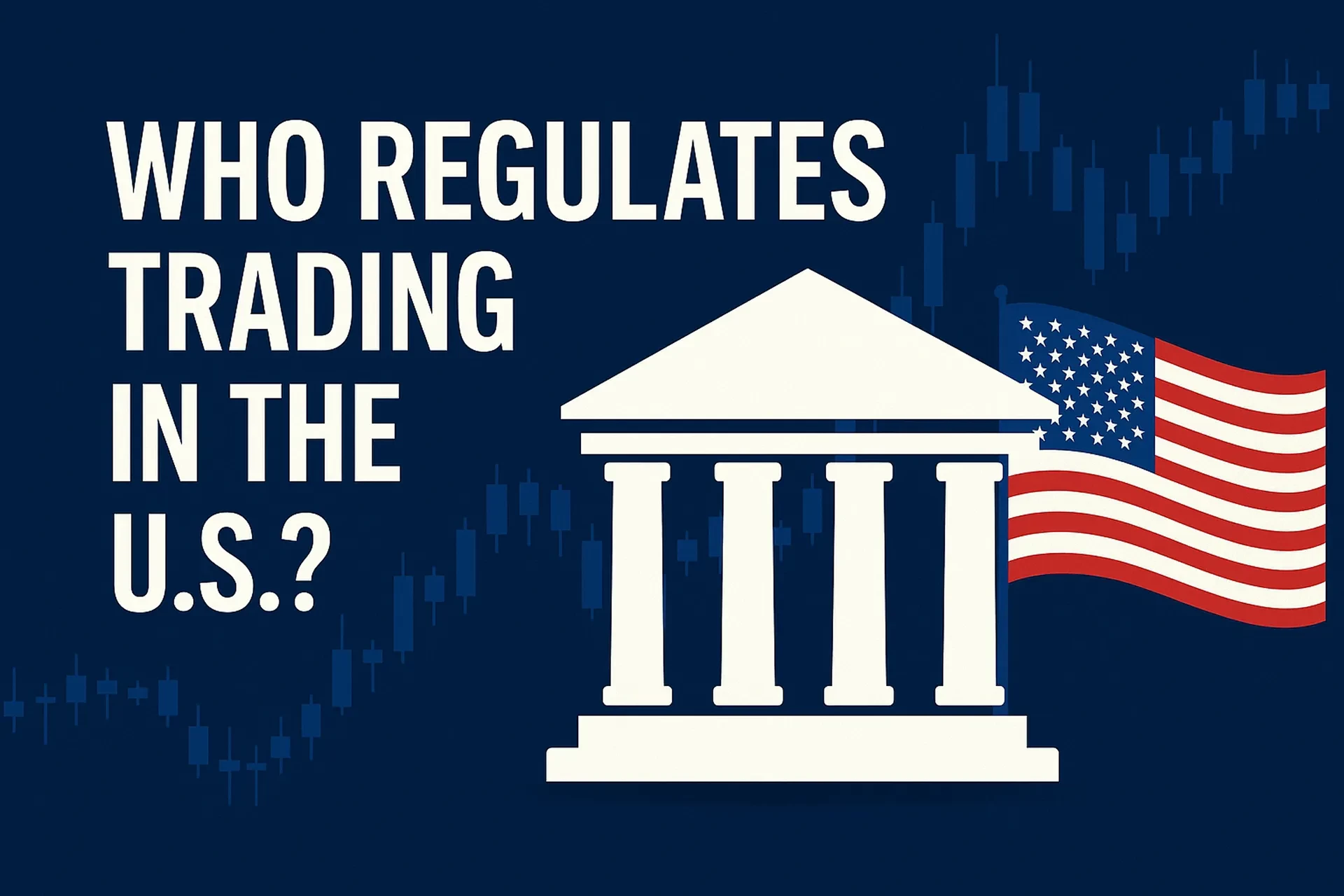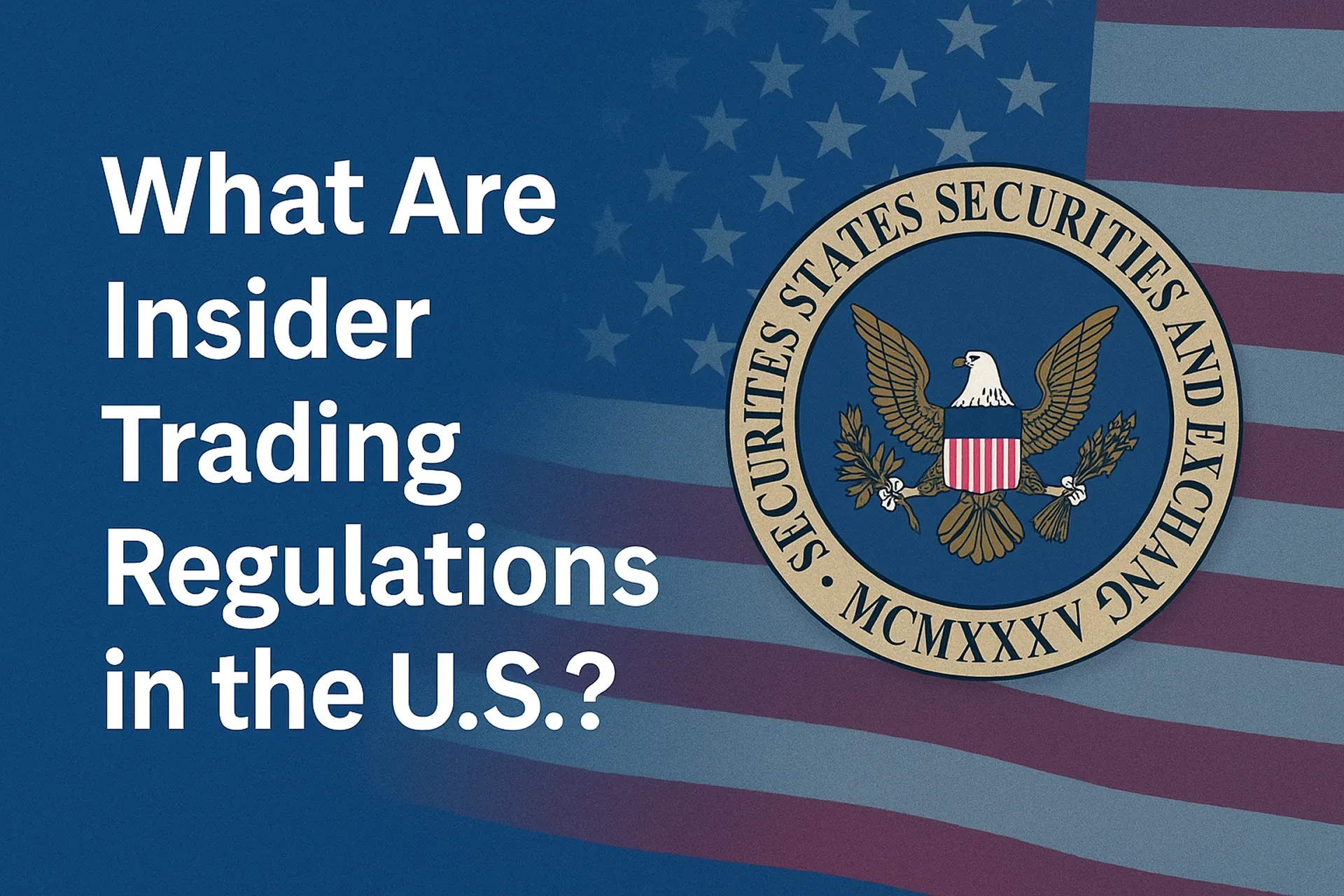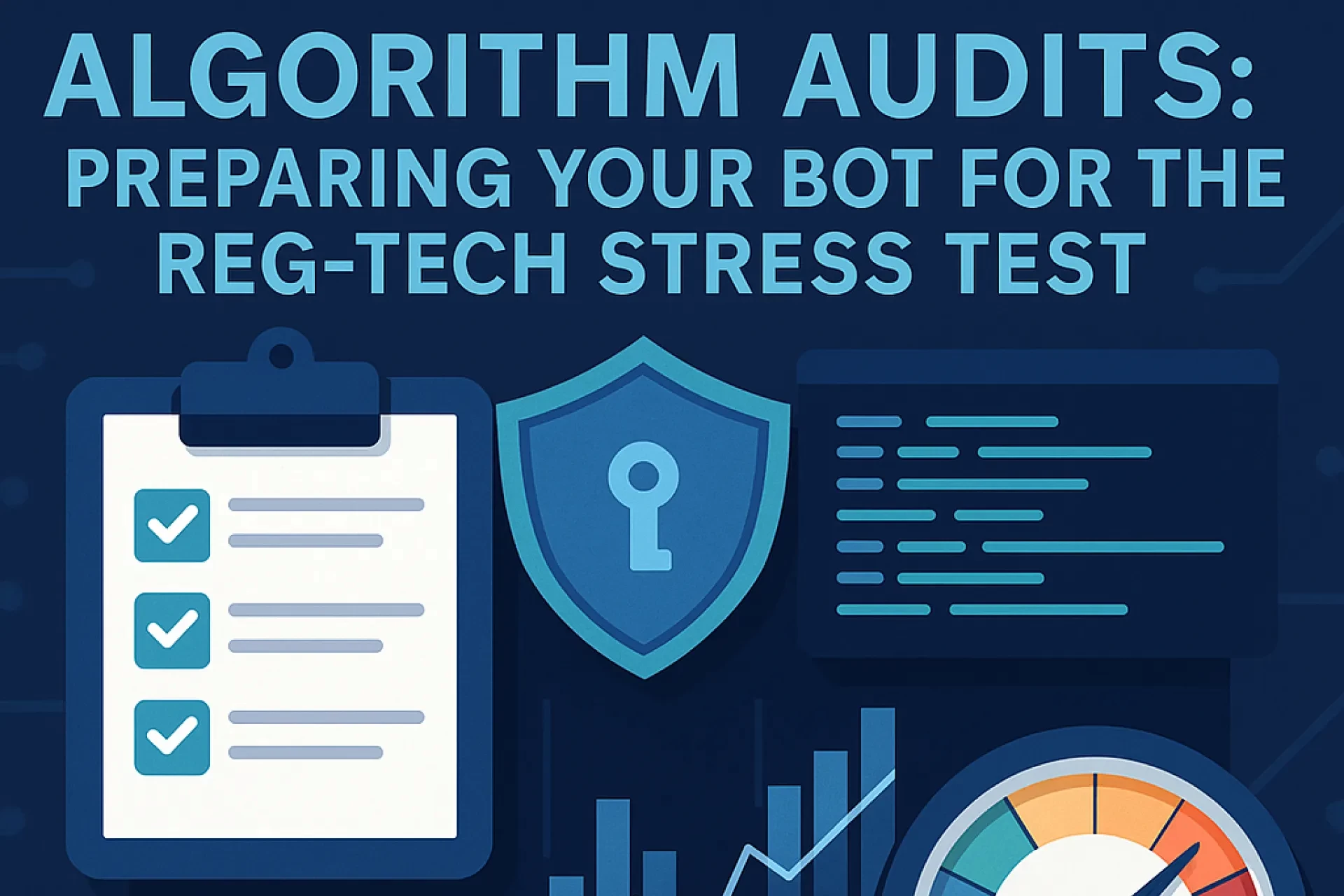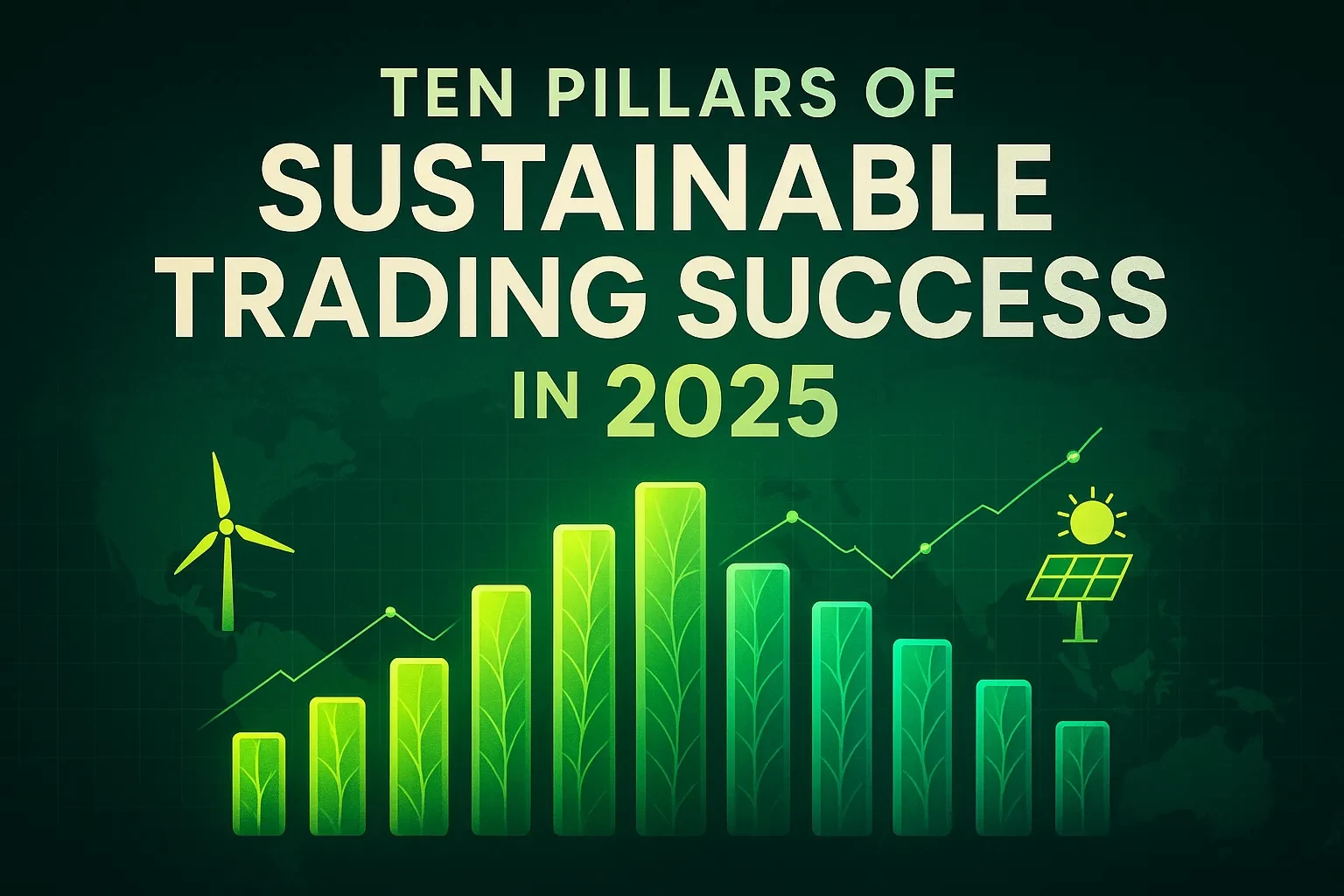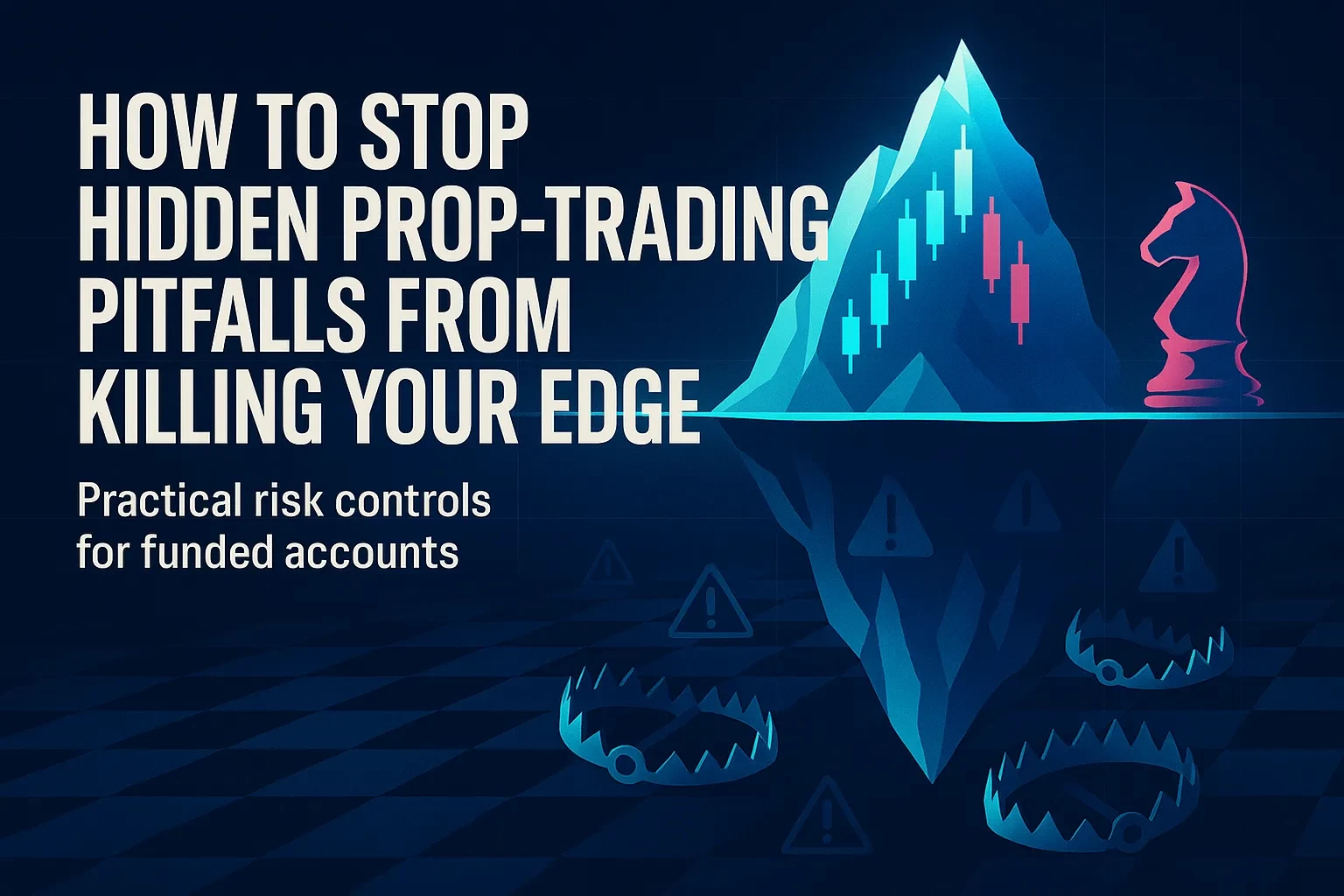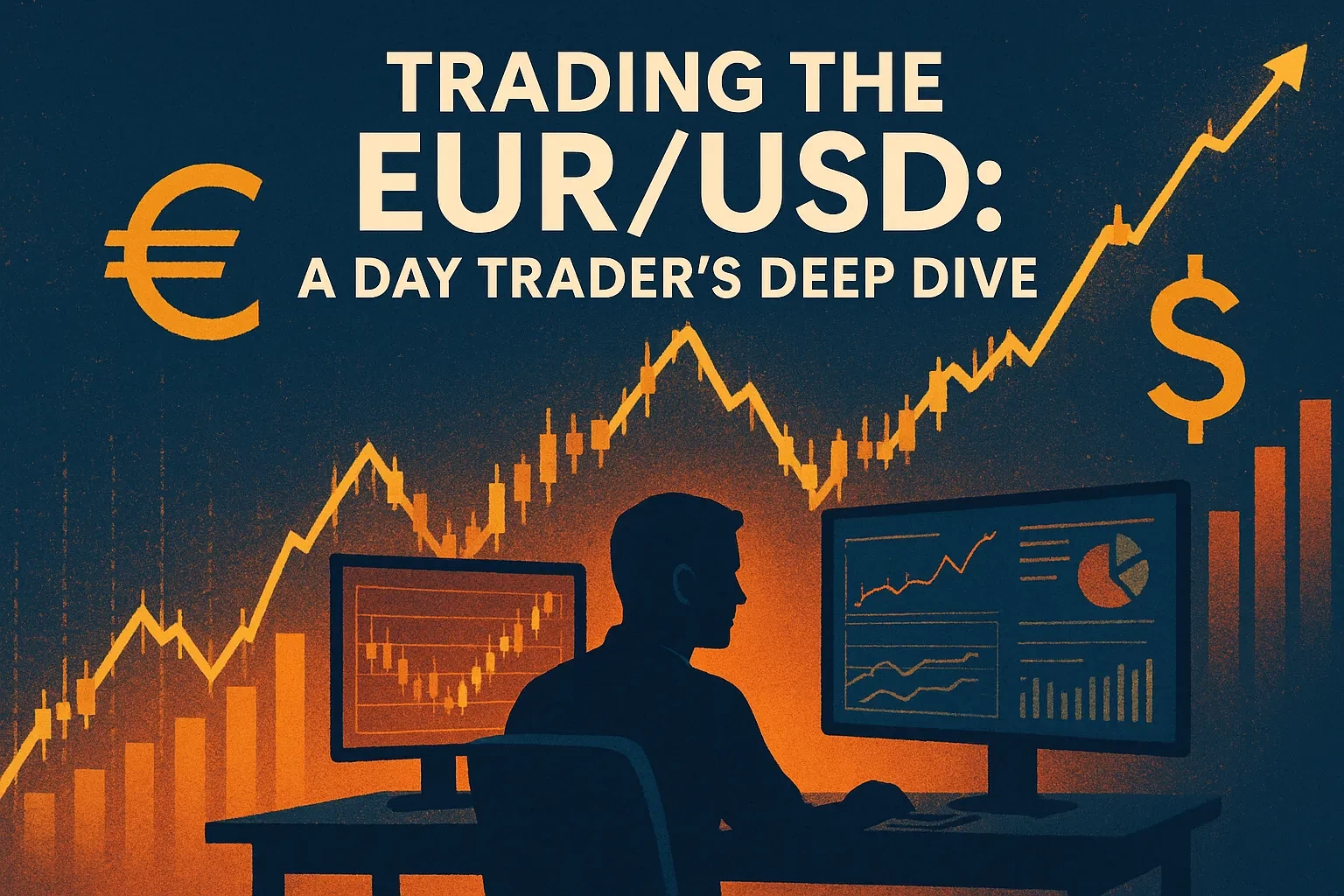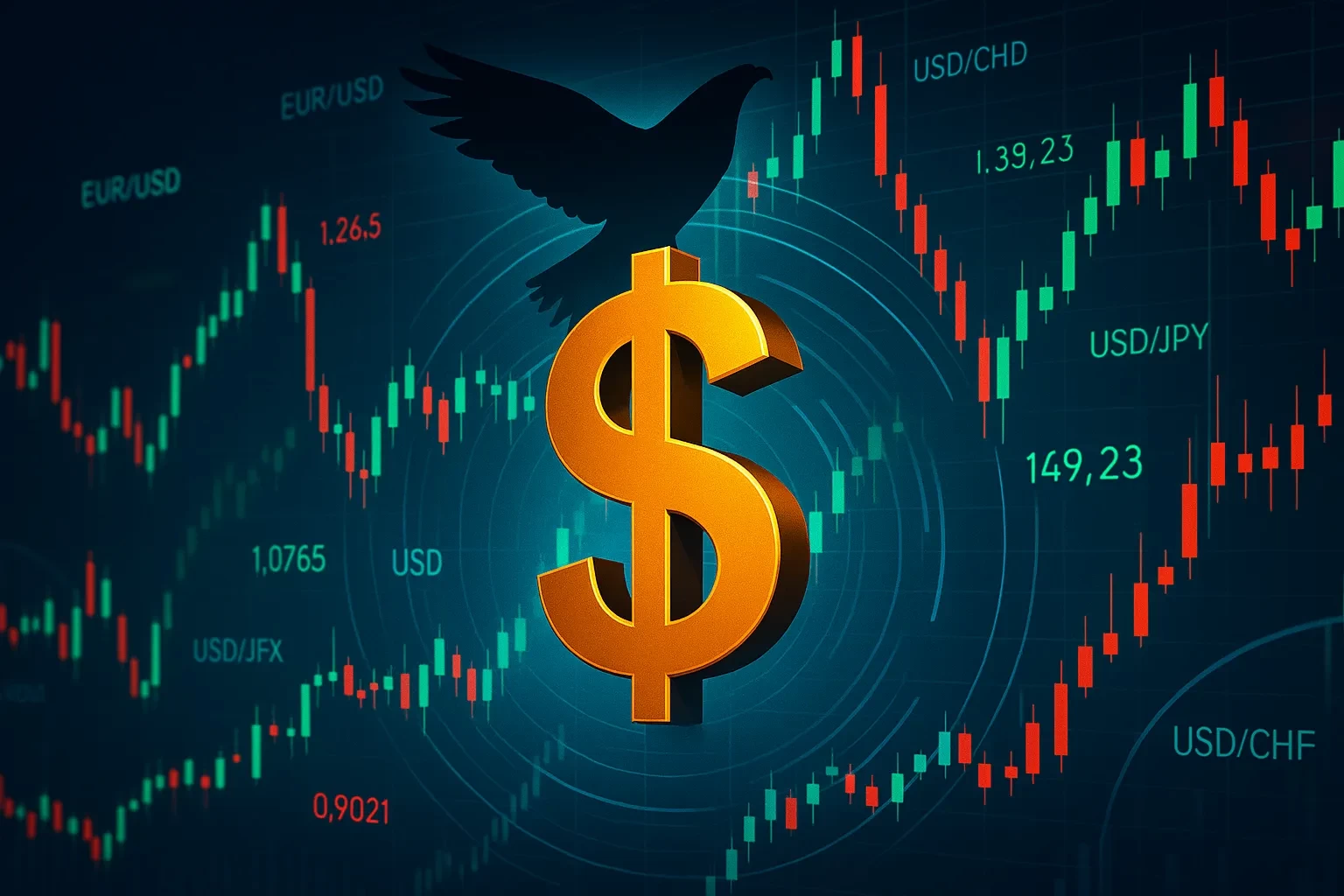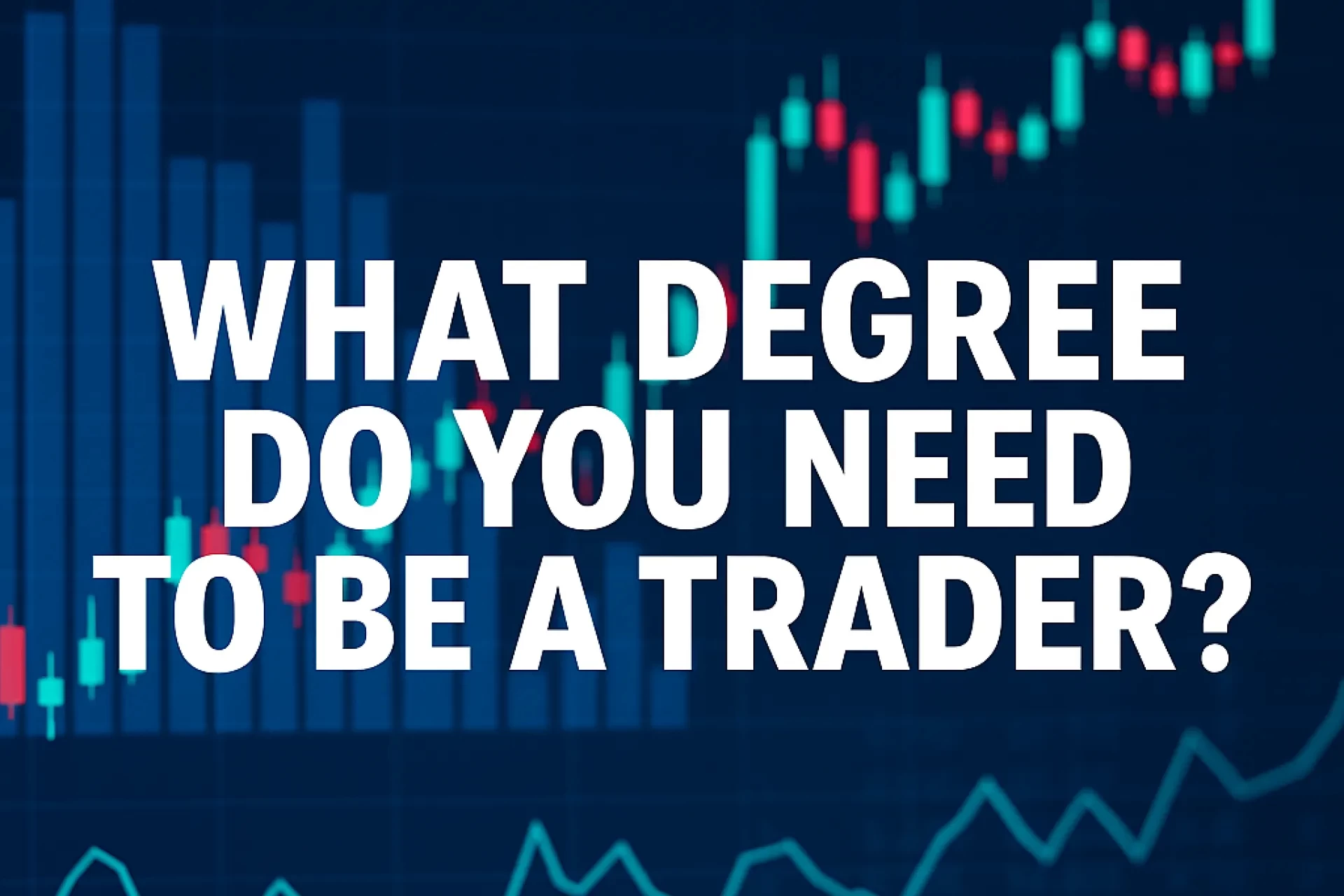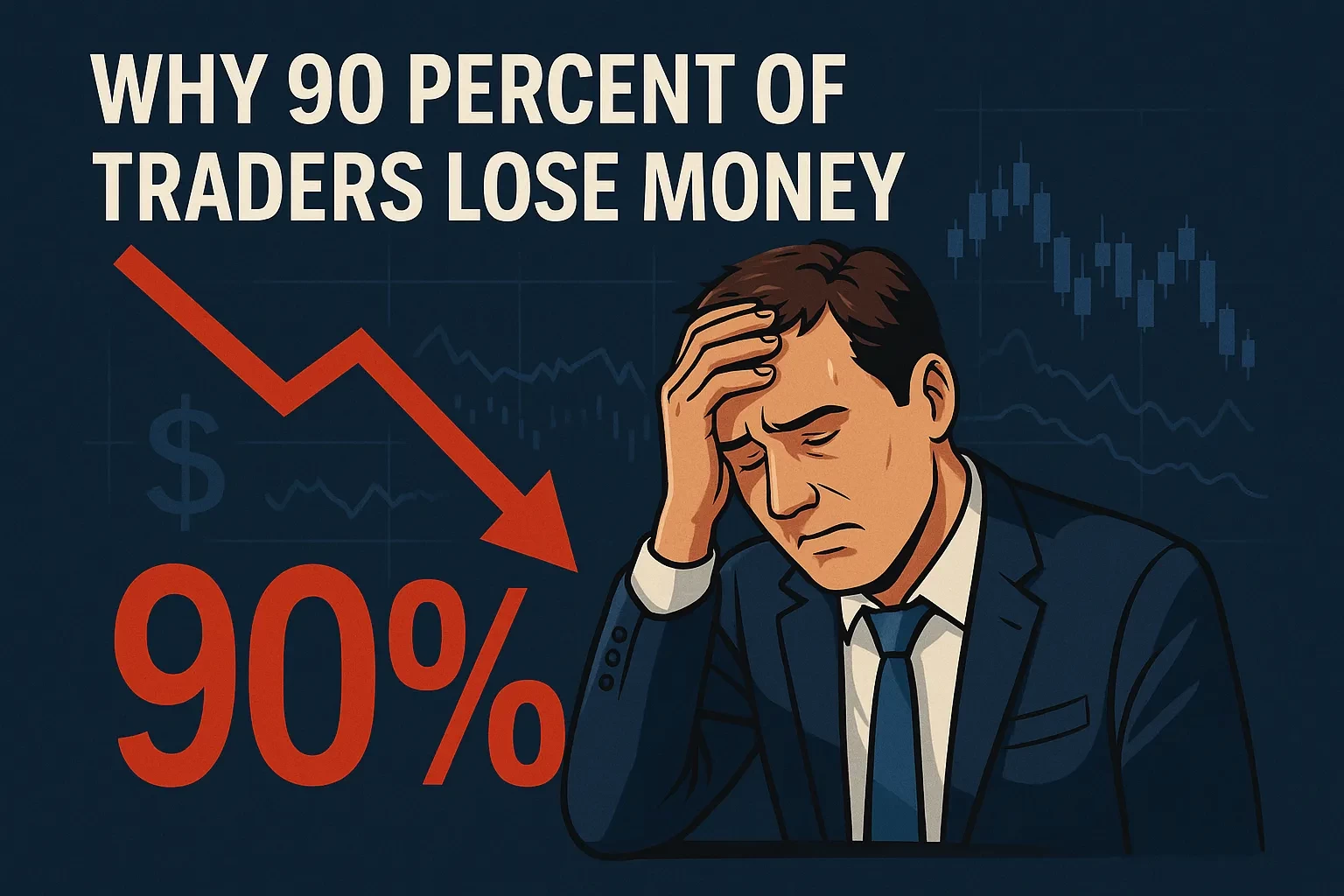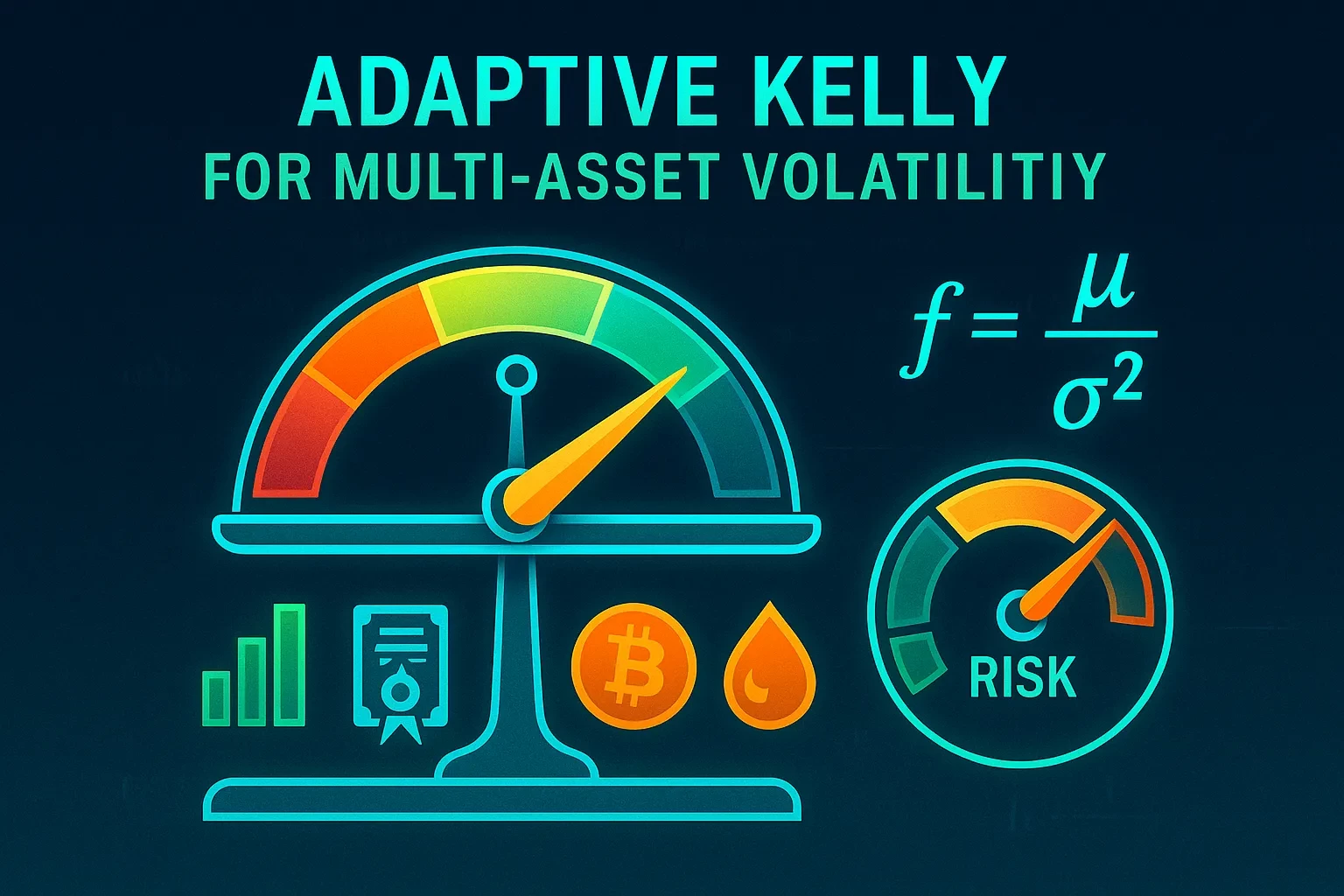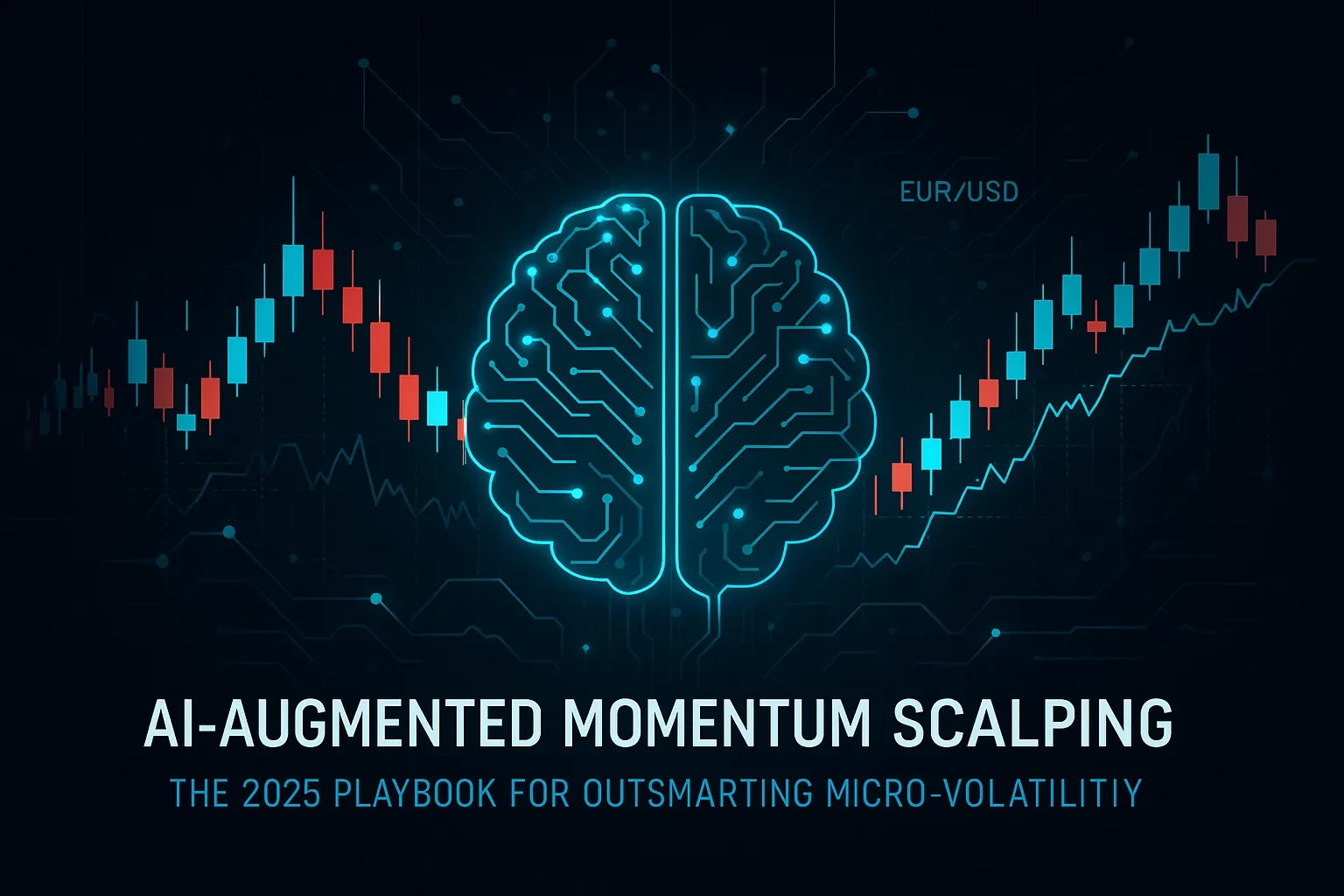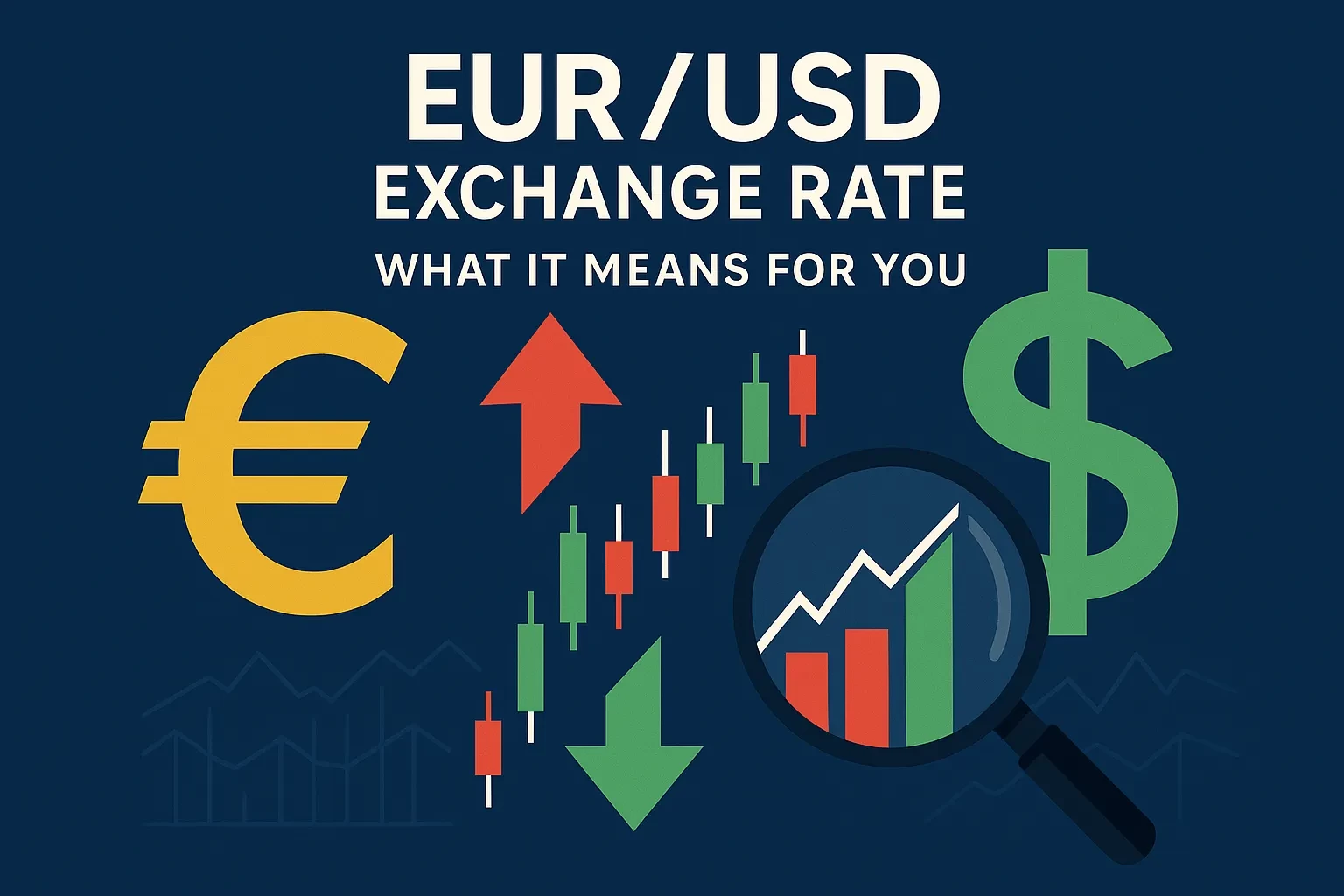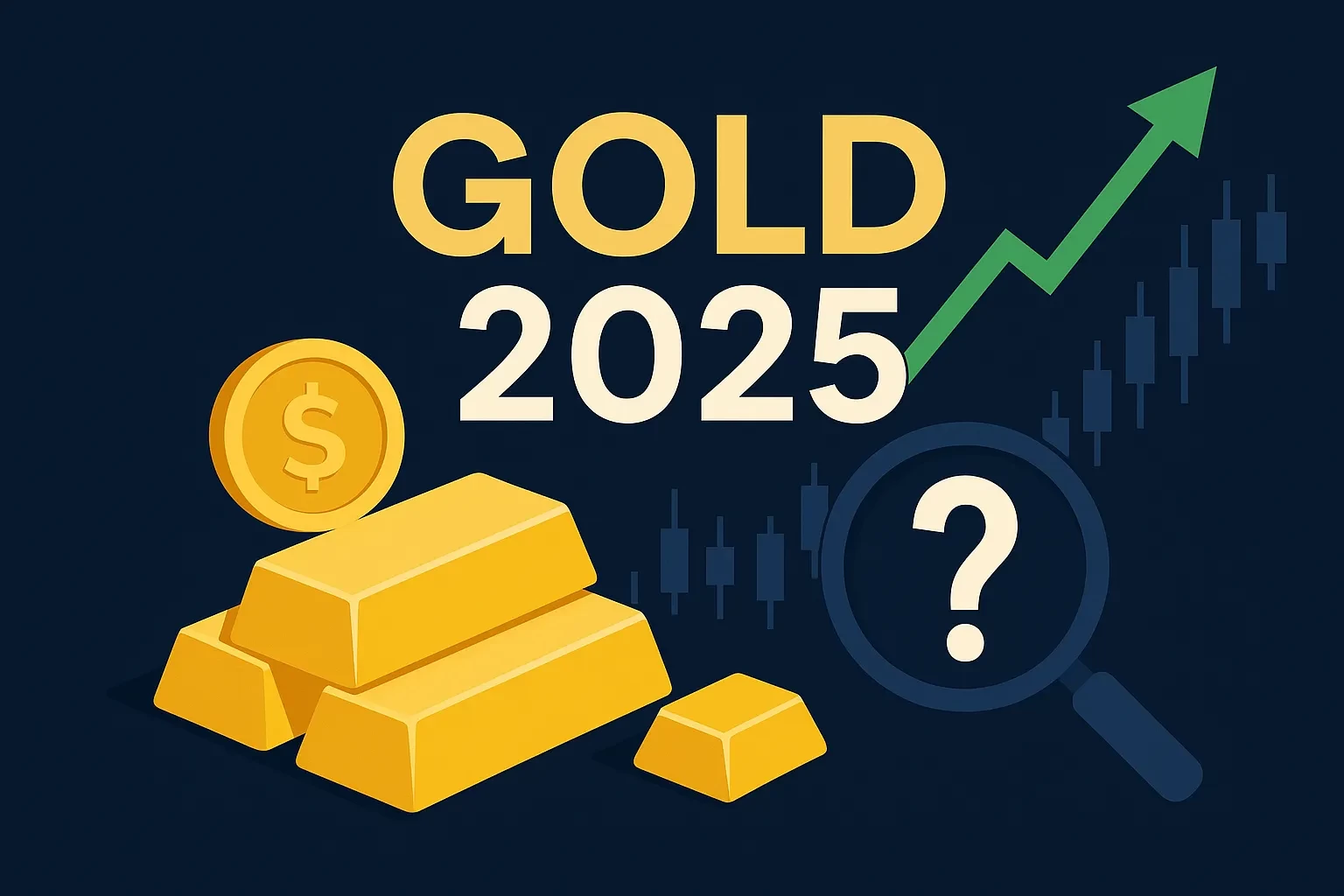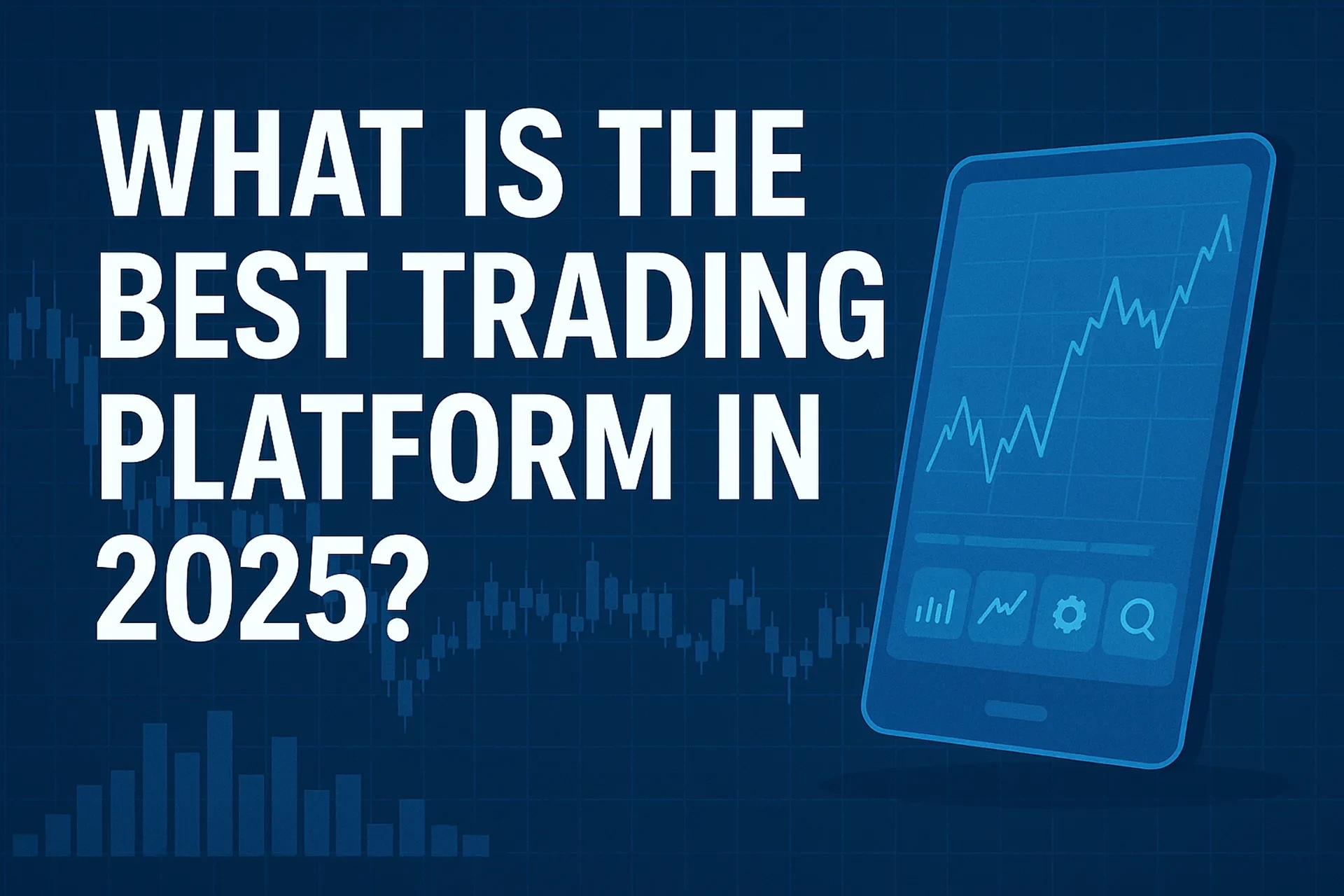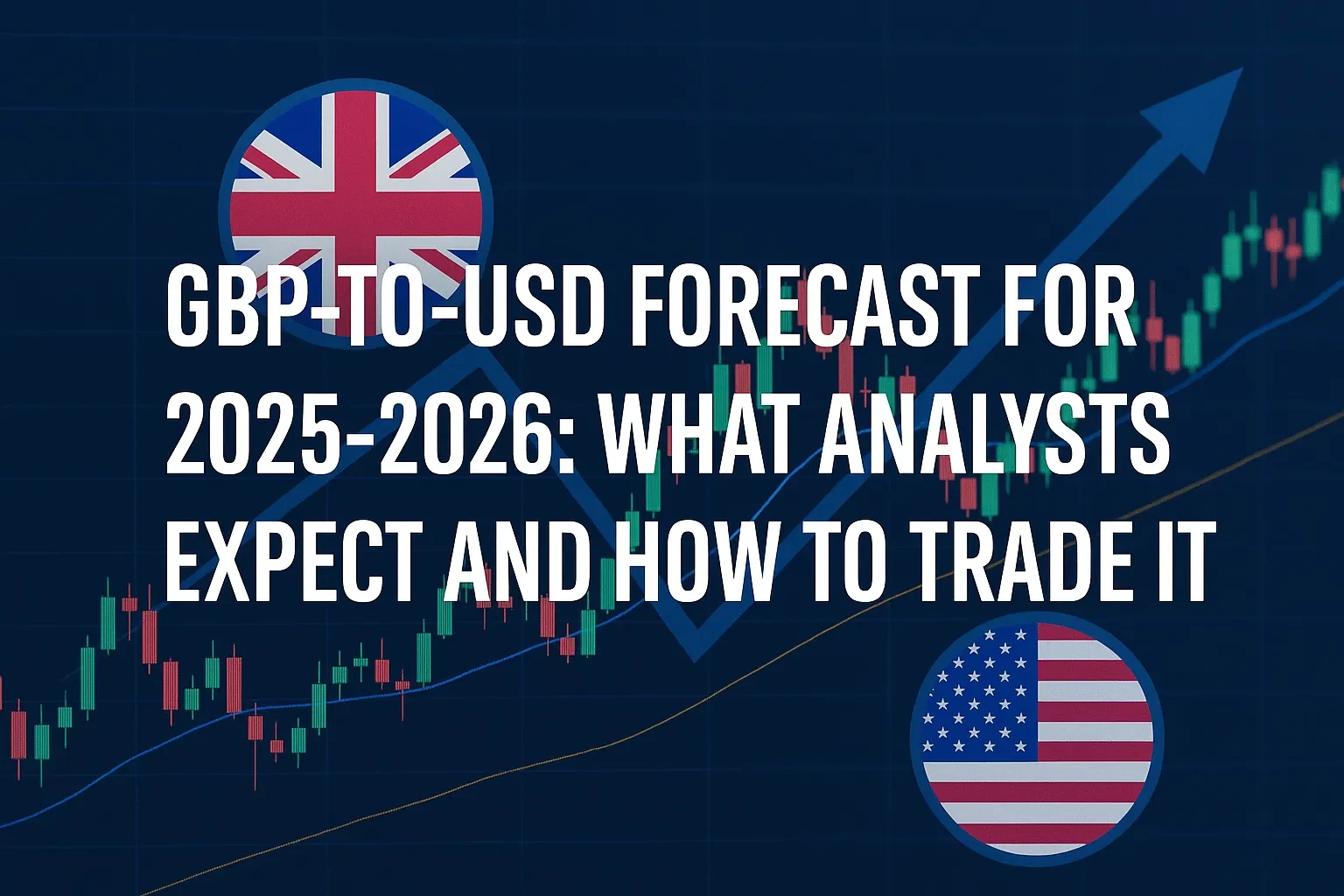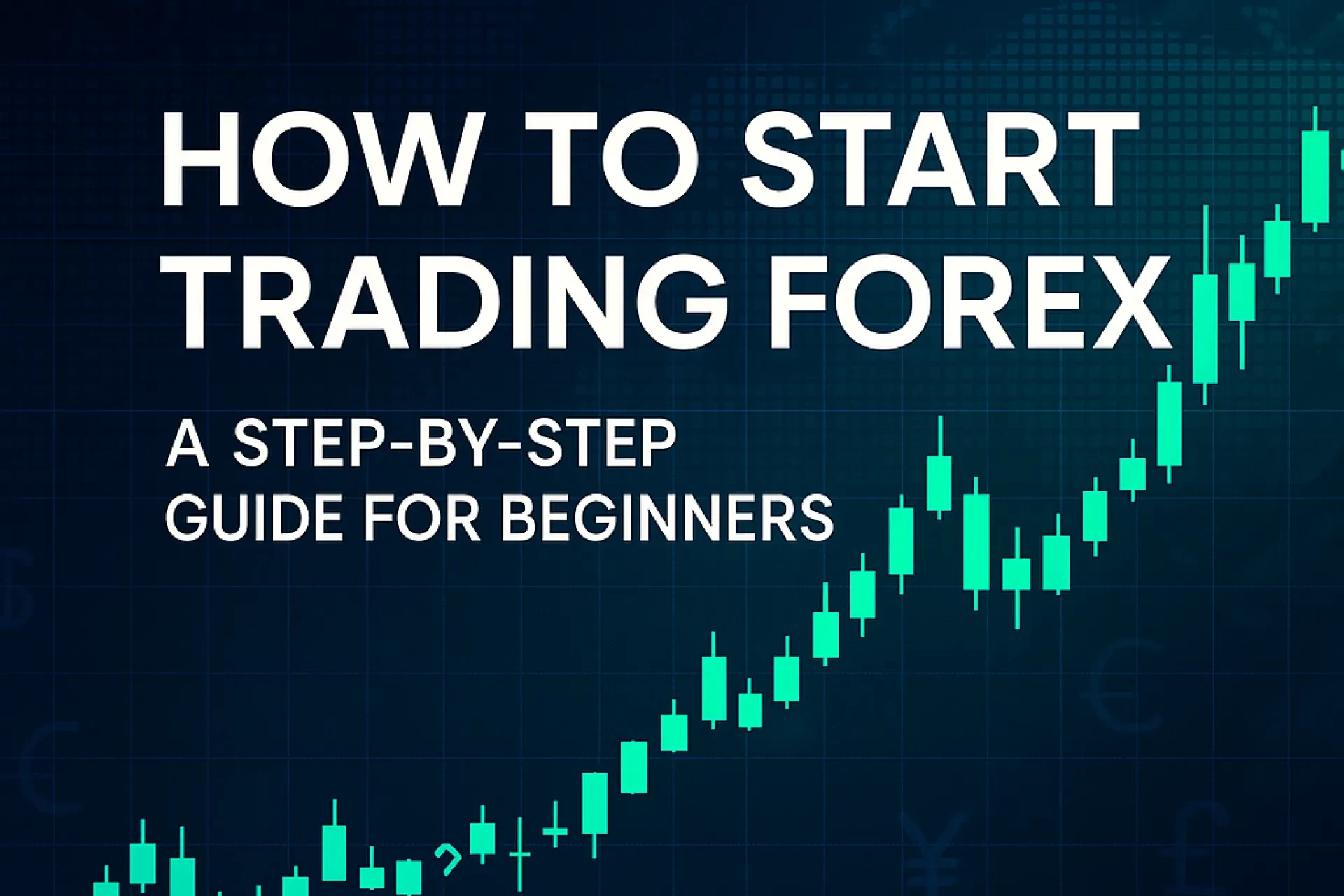Answer up front: Yes—biofeedback practices (especially heart-rate-variability breathing, brief gaze-stabilization, and tactile cues) can measurably lower stress arousal in minutes and improve cognitive control while you trade. You’ll still need strict risk controls, but these tools help you stay inside your plan when markets get loud (and your cortisol spikes).
Disclosure: If this article links to gear/apps, assume we may earn an affiliate commission. That never affects the recommendations.
Table of Contents
Why this matters now
If you’ve ever watched a green trade turn red because you chased, averaged down, or froze, you’ve felt cortisol at work. Cortisol is a stress hormone with a strong morning surge that sharpens attention but can also tilt you toward impulsive risk if unmanaged (that early-session “itch” to trade). Research in 2024–2025 continues to show the cortisol awakening response (CAR) spikes ~30–45 minutes after waking and shapes your day’s arousal set-point—especially when sleep quality is off. Poor sleep flattens or distorts the daily curve, which correlates with worse self-regulation—exactly what you need for disciplined execution.
At the same time, heart-rate-variability biofeedback (HRV-BF)—a simple protocol of paced breathing with live feedback—keeps producing promising results for short-term calming and longer-term performance under stress. For traders, that means quicker returns to plan-following after a loss, and fewer revenge trades.
Cortisol, HRV & trading: definitions without the jargon
• Cortisol: A hormone released by your adrenal glands in response to stress. It follows a daily rhythm with a peak in the early morning and a decline into evening. Acute spikes can narrow focus—useful in bursts—but chronic elevation impairs prefrontal control (decisions, working memory). The cortisol awakening response (CAR) is the rapid rise in the first 30–45 minutes after you wake.
• Heart-Rate Variability (HRV): The millisecond differences between heart beats. Higher HRV (at rest) generally signals better autonomic flexibility and emotion regulation.
• HRV-Biofeedback (HRV-BF): Using a sensor/app to breathe at or near your resonance frequency (~6 breaths/min for many people) while monitoring HRV. Short sessions can lower physiological arousal and improve cognitive performance; multi-week practice yields larger effects.
• Why traders care: Market volatility is not your edge—your state control is. The goal is not zero stress; it’s adaptive arousal so you can execute your prewritten playbook.
The CORTEX framework: a trader’s biofeedback playbook
A unique, practical structure you can run before and during sessions. (Clip to your desk.)
Check baselines (2 minutes)
• Note sleep time/quality and caffeine. If <6 hours sleep or high caffeine, assume lower impulse control and halve size or skip first 30 minutes. (Poor sleep predicts a higher CAR and more erratic diurnal cortisol.)
Open with 5-minute HRV-BF
• Breathe ~ 6 breaths/min (inhale ~4–5s, exhale ~5–6s) with any HRV app and finger/ear sensor (consumer biofeedback devices are generally FDA class II wellness tools; pick reputable vendors). Evidence shows short-term reductions in arousal after a single HRV-BF session; longer programs show cognitive benefits.
Rules visible
• Keep hard stops, max daily loss, and max consecutive losses taped on your monitor. (Regulated U.S. brokers must provide risk disclosures—use them to reality-check leverage and liquidity expectations.)
Throttle with triggers (in-trade)
• If you feel heat/urge to click:
1) Box-breathing 3 cycles (4-4-4-4).
2) Gaze-stabilization: pick a still point on the screen for 20–30 seconds to reduce saccadic “scan” stress.
3) Palm anchor: press thumb to forefinger as a tactile cue to re-read the plan line before any new order.
These micro-interventions keep attention anchored while HRV recovers. (HRV-BF literature supports rapid state effects during and immediately after paced breathing.)
Exit hygiene
• After exit, 60-second debrief: Did you follow entry/exit/size? If not, flip the switch: trade one-fifth size or go flat for 15 minutes. This reduces loss-chasing when cortisol is spiking.
X-day guardrails
• Hit max daily loss? Stop for the day. U.S. markets now settle at T+1, making overnight errors and margin management more time-sensitive. Don’t dig a hole you must reconcile tomorrow.
Step-by-step: building your personal biofeedback routine
1) Get a baseline week (no trades in first 15 minutes).
• Track waking time, sleep (subjective 1–5), and a 2-minute HRV reading after a 5-minute paced-breathing warm-up.
• Note opening-bell urges and any rule breaks.
2) Install a daily HRV-BF ramp (8 minutes).
• 1 minute normal breathing, then 6 minutes at ~6 breaths/min, then 1 minute normal.
• Record perceived calm (1–10) and urge to trade immediately (1–10). Expect urges to drop post-session (short-term effect supported in 2024 lab work).
3) Write two if-then rules for hot states.
• If you feel heat/impulse, then perform 3 box-breaths and reread your pre-trade checklist.
• If you take two losses in a row, then downshift to half size and run one 90-second paced-breathing set before any next order.
4) Integrate with risk architecture.
• Fix hard stops, max daily loss, and position sizing rules. See: [/risk-management-basics], [/position-sizing-101].
• Remember U.S. pattern day trading rules if you trade equities on margin (the $25,000 equity requirement is still in force while FINRA reviews potential changes).
5) Weekly review with simple math.
• Compute Rule-Adherence Rate (RAR) = (# trades fully by plan) ÷ (total trades).
• Aim for ≥80% before increasing size. Link HRV session count to RAR—many traders see adherence rise as HRV practice accumulates (aligned with 3–6 month HRV-BF cognitive improvements).
Practical example (with simple numbers)
Scenario: You scalp the S&P micro-futures. Account $10,000; risk per trade 0.5% = $50. Stop size 5 points ⇒ $10/point ⇒ 5 contracts would risk $250—too big. Correct size is 1 contract ($50 risk). You pre-commit to max daily loss 1.5% ($150).
Day A: Poor sleep (4/5 tired), high caffeine, jittery at open. You run 6 minutes HRV-BF pre-bell. First trade: −$40 (slippage). You feel the urge to jump back in size-up. You trigger box-breathing + gaze fix for 30s, reread plan, take the second A-grade setup at normal size, +$65. You finish +$25.
Why this worked: Arousal shifted down before the impulse; micro-intervention prevented a cortisol-driven overtrade. (Short-term arousal reductions after a single HRV-BF session are documented in 2024.)
Pros, cons & risk management
Pros
• Fast state change: HRV-BF can reduce arousal within a single session.
• Transfer effects: Multi-week programs show improvements in cognition and autonomic function, helpful under market stress.
• Low cost & portable: Finger/ear sensors and apps are inexpensive compared with performance coaching.
Cons / Limits
• Not magic: Evidence is promising but variable across settings; HRV-BF doesn’t replace a rule-based system.
• Individual differences: Your resonance frequency can vary; some need guided calibration.
• Medical caveats: If you have cardiopulmonary/arrhythmia issues, consult a clinician before breathwork.
Risk mitigations
• Pre-declare position size caps and max daily loss in writing.
• Add cool-off timers (e.g., 10 minutes flat after max heat).
• Keep broker risk disclosures handy to stay realistic about leverage/execution.
Compliance snapshot: U.S. rules every active trader should recognize
• CFTC & NFA (futures/forex): Retail forex dealers must provide the CFTC Risk Disclosure Statement; understand conflicts, pricing, and counterparty risk. The NFA maintains investor education and annual oversight updates; 2024 materials emphasize investor protection and supervisory obligations.
• Fraud vigilance: The CFTC’s 2024 advisory urged traders to make 2025 “the year you avoid fraud” (verify registrations, beware social-media pitches).
• FINRA Pattern Day Trader (equities/options): $25,000 minimum equity remains the rule (under review with active 2024–2025 comment letters). Check your broker for counting methods.
• T+1 settlement (since May 28, 2024): Faster settlement tightens post-trade cash/margin timelines; plan exits accordingly.
One-page table: techniques you can deploy in the chair
| Technique | When to use | How to do it | Target physiology | Expected effect window |
|---|---|---|---|---|
| HRV-BF (paced breathing ~6/min) | Pre-open & after losses | 5–6 min inhale/exhale via sensor/app | Baroreflex & vagal tone | Minutes; sharper after multi-week practice |
| Box-breathing (4-4-4-4) | In-trade spike | Inhale/hold/exhale/hold 4s each (3 cycles) | Sympathetic dampening | 30–90 sec |
| Gaze-stabilization | Panic scanning | Fixate on one UI element 20–30s | Reduces saccades | Immediate |
| Palm anchor | Before clicking | Press thumb-forefinger; reread rule line | Somatosensory cue | Seconds |
Takeaway: Short, repeatable drills can interrupt cortisol-driven impulses long enough for rules to retake the wheel.
Common mistakes & expert tips
Mistakes
• Training only on calm days. Practice on quiet charts, then stress-test on sim during volatility.
• Using HRV-BF as a license to oversize. State control ≠ edge; size stays fixed until RAR ≥80% for 4 weeks.
• No sleep plan. Sleep efficiency (and total time) predicts a healthier CAR the next day; protect sleep like capital.
Expert tips
• Timing: Do HRV-BF 10–20 minutes after waking (near the CAR window) and again 5 minutes pre-open.
• Calibration: If you can, use an app that estimates your personal resonance frequency.
• Data loop: Track urge-to-trade (1–10) before/after drills; look for downward trends week-to-week.
• Rule shields: Add automatic daily stop at the broker and a lockout after it hits. (Brokers publish risk disclosures and supervisory policies—read them.)
Mini case study: the “first-15” problem
You: Short-bias scalper, often overtrades the first 15 minutes.
Plan:
• Skip first 10 minutes unless A-setup.
• 6-minute HRV-BF at 9:24–9:30 ET.
• If first trade is a loss, then HRV-BF 90 seconds + size cut to 0.5R.
Four-week summary:
• Week 1 RAR 62% → Week 4 RAR 83%.
• Net P&L up modestly despite lower size; drawdowns shallower.
Interpretation: You didn’t trade more—you obeyed more. This is the biofeedback goal.
FAQs
Plain-English risk disclaimer
Trading futures, forex, crypto, and securities involves substantial risk and is not appropriate for every investor. You can lose more than your initial investment when using leverage. Nothing here is financial advice. Use simulated trading to test any routine first, and always follow CFTC/NFA/FINRA/SEC rules and your broker’s risk disclosures.
Conclusion: your next steps
1) Codify rules (entries/exits/size/max daily loss) and set broker lockouts.
2) Adopt the 8-minute HRV-BF ramp + two micro-interventions (box-breathing, gaze-stabilization).
3) Measure behavior, not P&L: track Rule-Adherence Rate and urge-to-trade scores.
4) Respect U.S. rules: PDT minimums (equities), CFTC/NFA disclosures (futures/forex), and T+1 settlement timelines.
5) Backtest and sim first, then go live at small size when RAR ≥80% for four straight weeks. See [/beginner-guide], [/risk-management-basics], and [/position-sizing-101] for building blocks.
